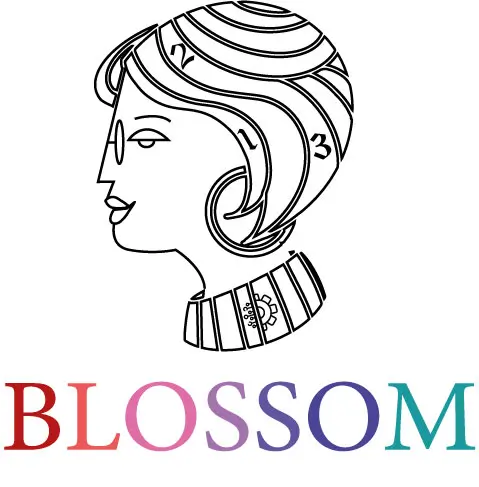
BLOSSOM – Basic competences as literacy, numeracy & digital skills focused on business development
Implementation period: 01.02.2022 - 01.02.2024
The overall objective of BLOSSOM is to improve learning opportunities of adult women with low qualifications by strengthening their basic competences as literacy, numeracy and digital skills focused on business development. BLOSSOM is for adult low-qualified women and experts, providers or policymakers in adult education.
Read More
BRAND – Boosting youth towards Responsible and sustainAble choices in fashioN inDustry
Implementation period: 01.09.2022 – 31.08.2024
European Youth Strategy 2019-2027 acknowledges the crucial need to empower young people to start taking responsibility for their actions and impact on the life of future generations.Clothing industry is indissolubly related to this goal, having a significant impact on the environment. BRAND project aims to raise the awareness of young people on the themes of fast fashion and its severe impacts on the environment and provide youth workers with all the necessary material and tools in order to raise awareness, influence and empower young people towards more eco-friendly fashion choices for a greener and more sustainable fashion future, through the development of digital innovative tools and deliverables.
Read More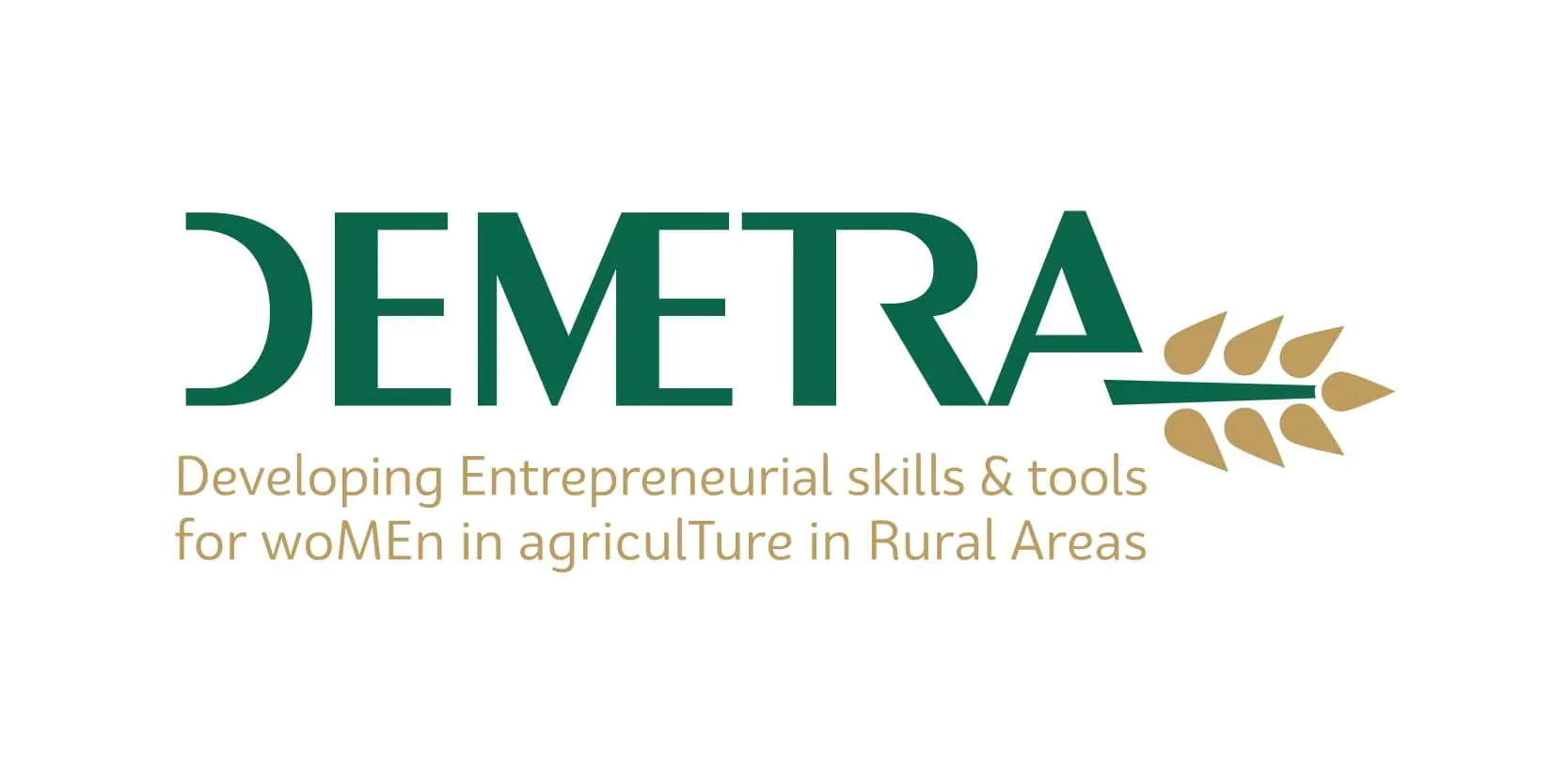
DEMETRA: Developing Entrepreneurial skills & tools for woMEn in agriculTure in Rural Areas
Implementation period: 01.11.2021 - 01.11.2023
DEMETRA, is a project dedicated to the creation of those conditions that will enable women in rural areas to be involved in the agricultural sector and showcase entrepreneurial activity in the aforementioned sector. By providing the tools for educating women on agricultural entrepreneurship, and offer them the ability to develop an entrepreneurial mindset and skills, the project aspires to become a milestone and a point of future reference for women in the field of agripreneurship. On the whole, the project addresses the need to better understand existing and needed competences of women in rural areas with regards to agricultural entrepreneurship and promote a more inclusive context for their participation in the field. At the same time, this project is a response to the need of women for education through a specifically designed innovative curriculum, platform and a mentoring scheme reflecting on women’s current agricultural entrepreneurship needs for training and also a response to the lack of resources on the topic for VET providers.
Read More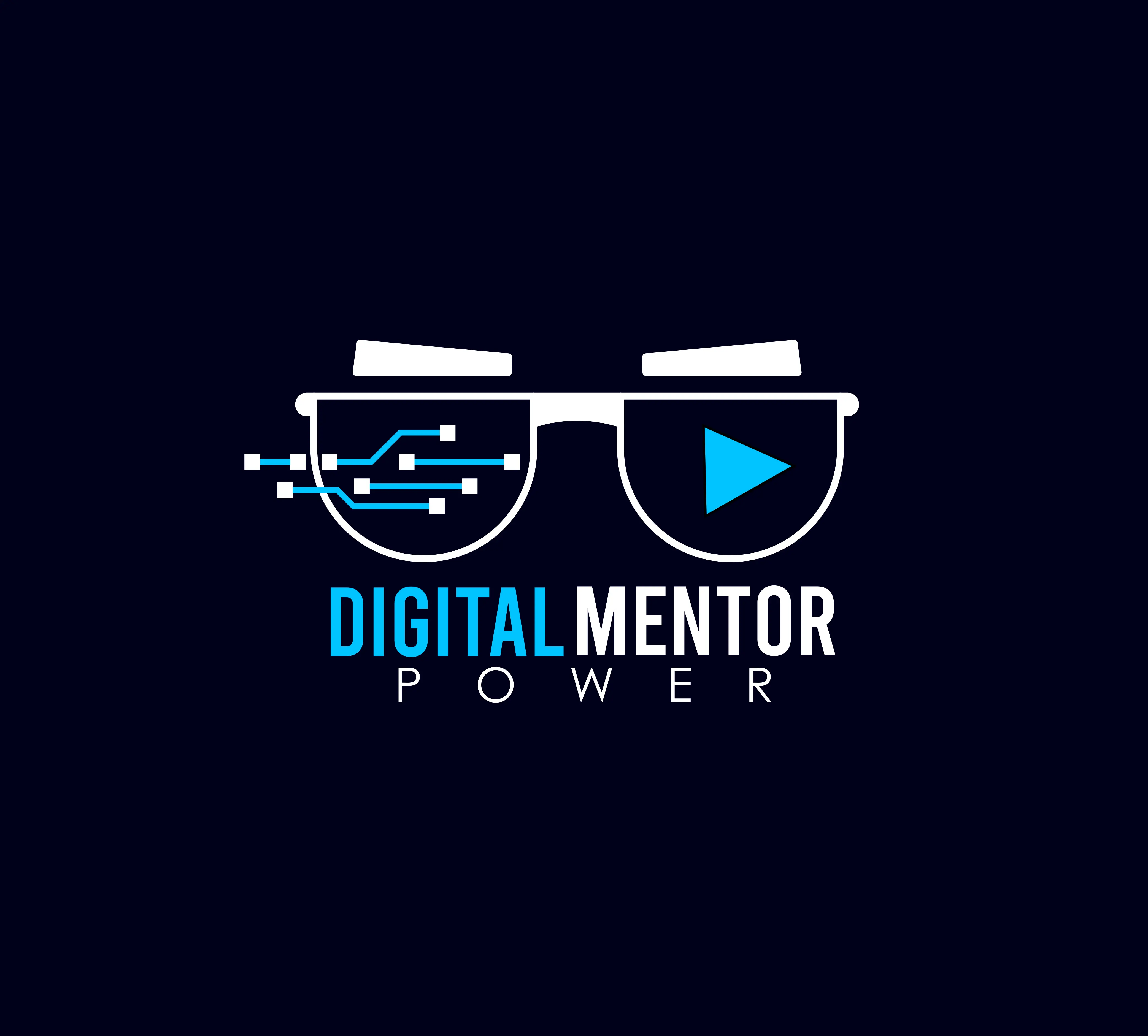
Digital Mentor Power- DMP
Implementation period: 01.03.2021 – 28.02.2023
38% of the current Teachers workforce are over 50 years and are less condifent and more fearful of using Digital tools (Eurostat, 2020). Graduate teachers want more and better training to face the social challenges and inexperience they are confronted with. Collaborative School culture is the solution! (Eurodyce,2020). Therefore, need for the digitalization of the education system is a EU-Wide fact (Index of Readiness for Digital Lifelong Learning). The Digital Mentor Power Project aims to improve the learning process in EU schools by enhancing the digital skills and competences of European Teachers through the development of the Digital Mentor Power Platform! This goal will be reached by: 1) identifying teachers who are skilled in a range of digital skills and different digital tools. We call these, Digital Mentors. 2) identifying teachers who need digital training. In return, these teachers will support their often-unexperienced colleagues with resources and advice regarding pedagogical methods. We call these, Pedagogical Experts
Read More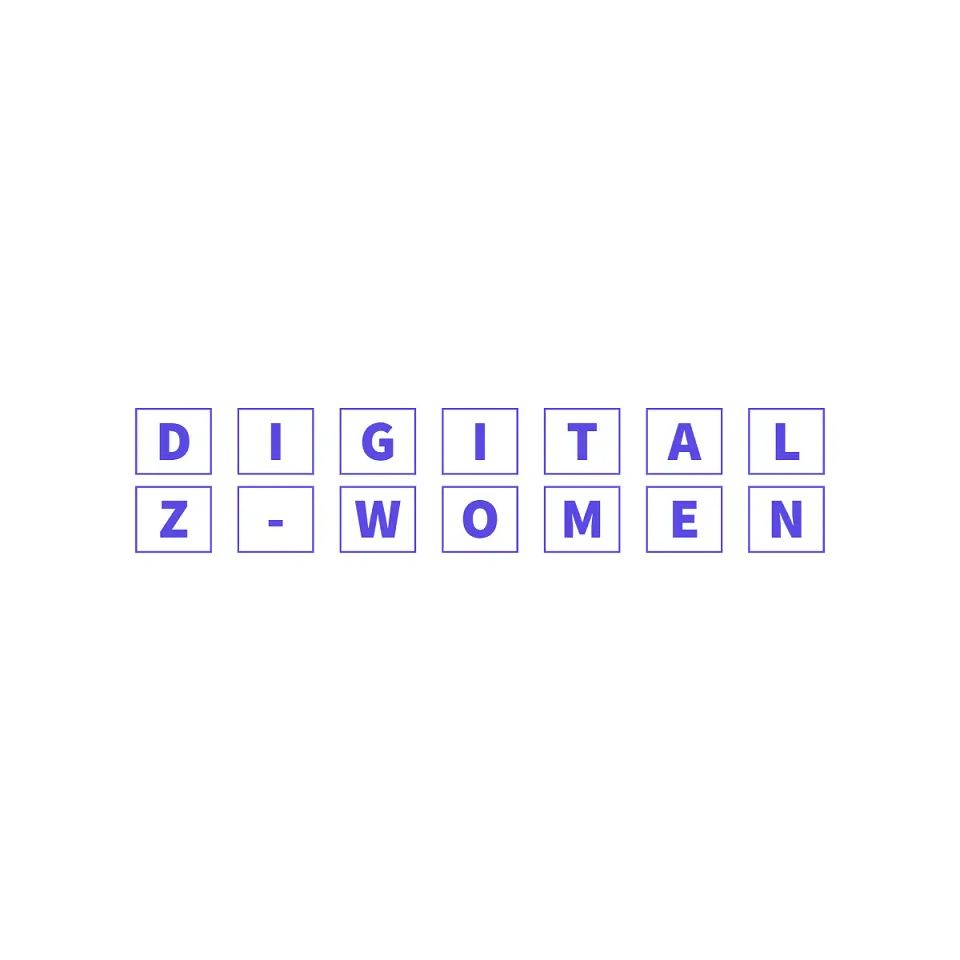
DIGITAL Z-WOMEN: Empower Gen-Z women with digital entrepreneurship skills
Implementation period: 01.01.2022 - 01.01.2024
DIGITAL Z-WOMEN is designed to empower women from Generation Z with digital entrepreneurship skills, helping them to take advantage of the opportunities raised by digital transformation and thrive in a world of work that is going digital quite fast, even more in the pandemic emergency we are dealing with.
Read More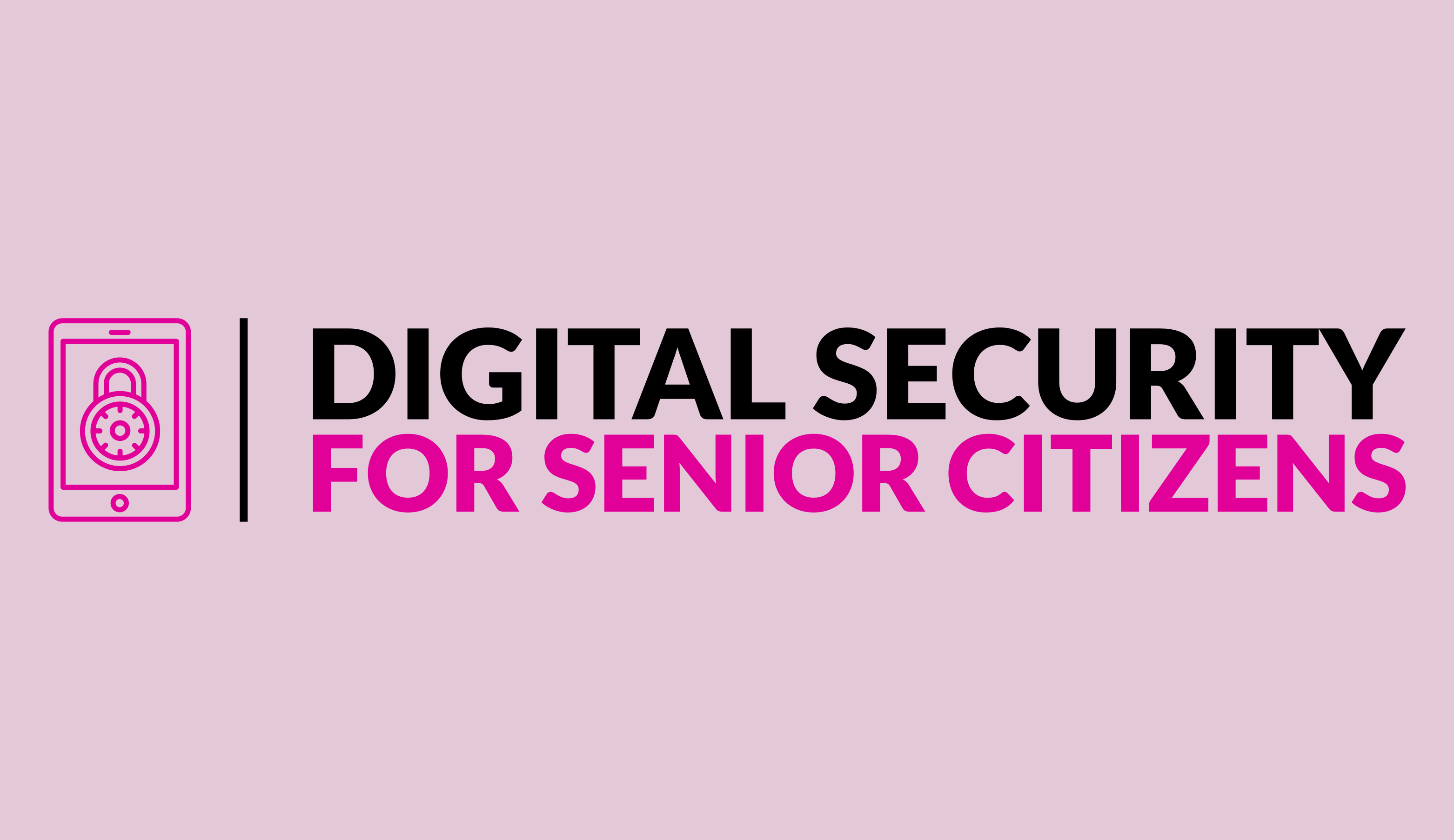
DiSC – Digital Security for Senior Citizens
Implementation period: 01.12.2020 - 30.11.2022
Cybersecurity is one of the most important and 'hot topics' within the European Commission, but the policy level focus, naturally is on Strategic planning at Pan-European level, with a strong focus on IoT, Industry, Digital infrastructure, Education and other fast moving industries and sectors which are vulnerable to cybersecurity and data breaches. This is highlighted by the initiation of a Network of National Coordination Centres, a Cybersecurity Competence Community and a European Cybersecurity Industrial, Technology and Research Competence Centre by the European Commission in 2017. By 2022, cybersecurity ratings will become as important as credit ratings for businesses and websites (Gartner Innovation Insight for Security Rating Services, 2018).
Read More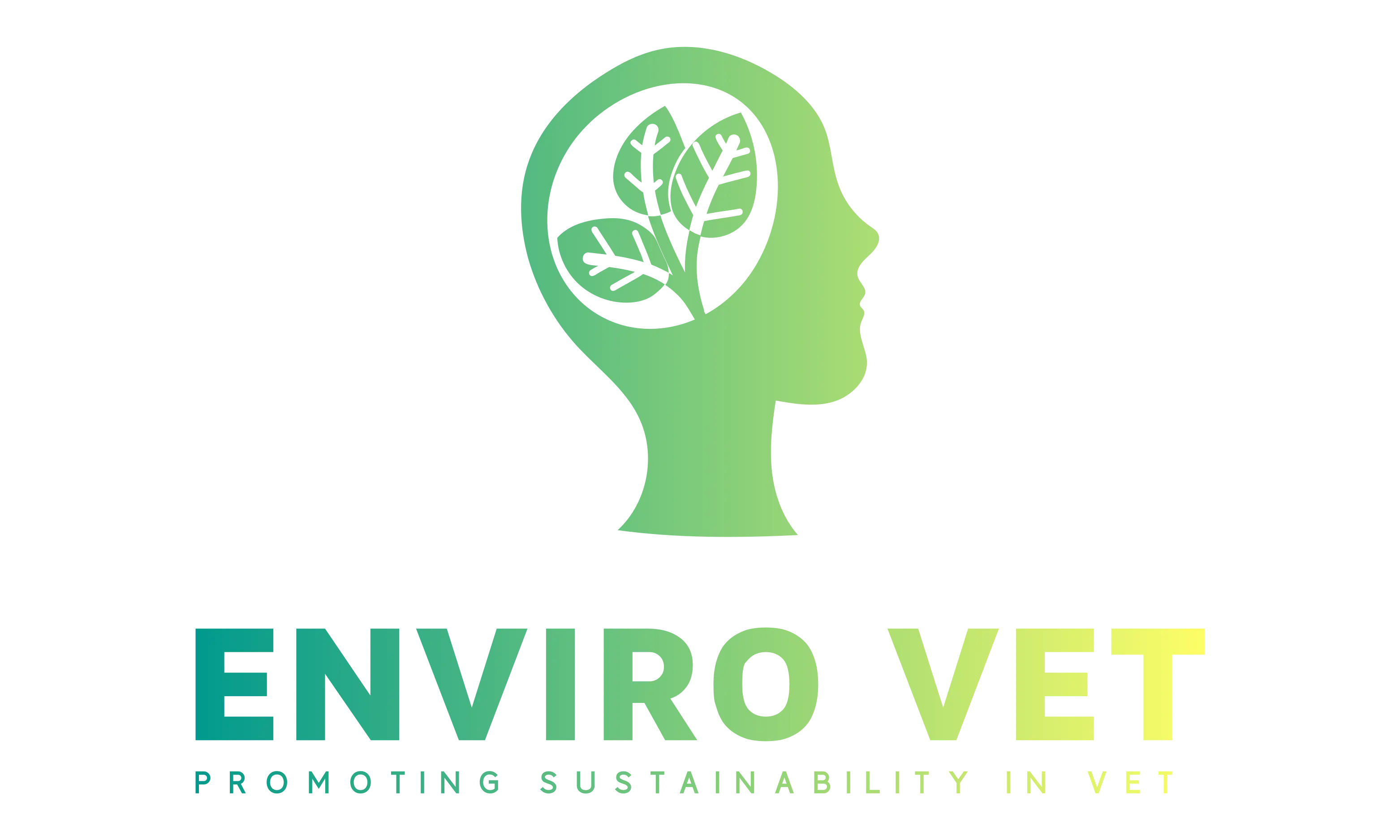
EnviroVET - Promoting and Tracking Environmental Sustainability in VET
Implementation period: 01.01.2022 - 01.01.2024
The European Commission has set the ambitious goal of achieving the climate neutrality by the year 2050 (Green Comp/2020). This aim can only be achieved if respective initiatives are started right now and ignite relevant changes in the understanding, perception and implementation of environmental-friendly attitudes are implemented throughout all the levels of the entire economy. The need of transition to a “greener” both production and consumption has been at the agenda of not only developing, but also already developed countries and economies (UNESCO/2017). The United Nations has adopted a set of 17 Sustainable Development Goals in 2015. Goal 9 defines emerging need to update infrastructure and retrofit industries to convert them to more sustainable initiatives. This can be achieved through the increased efficiency of the use of the resources and adoption of clean solutions within industrial processes by 2030.
Read More
Follow-us - NEETs as Social Media Managers for SMEs
Implementation period: 01.11.2021 - 01.05.2024
The projects’ main objective is to use the existing digital and personal skills of NEETs to inspire, motivate and re-integrate them with innovative training-tools, services and methods to develop their skills as Social Media Managers and connect them to SMEs who need their services. By following this win-win strategy, these vulnerable youth will find a future career while becoming positive members of society, and SMEs will be able to request and use online content for the digital and financial improvement of the organisation. This will be achieved through a holistic approach by a multi-skilled team, which through counselling, mentoring, training, and follow-up will guide them to new opportunities. This approach also involves finding a way to address the main issues NEETs are facing, which are social exclusion, disconnection from groups, and demotivation to become again part of the active society. These innovations and actions will combat unemployment of NEETs as they will directly increase their participation in education and training, and support them to find sustainable work which can also easily be carried out remotely.
Read More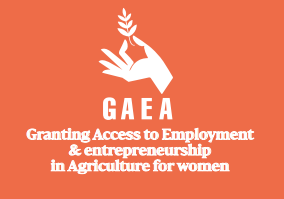
GAEA - Granting Access to Employment and Entrepreneurship in Agriculture for women
Implementation period: 29.06.2022 – 25.06.2025
GAEA is a forward-looking project, aiming to improve the quality of entrepreneurship education in the agriculture sector for young women not in employment, not in training (NEETs) living in rural areas. Aligned with the latest EU priorities, GAEA is fully encompassing the priority of sustainable development and green transition. The project is also aligned with the EU' Common Agricultural Policy. The project’s main aim is to provide a solid connection basis amongst the sector’s key stakeholders, through the introduction of a one-stop-shop (OSS) digital platform. The platform, will include a number of key training material, industry links, mentorship and coaching opportunities, and a highly innovative application which will give the opportunity to young women to assess their skills based on ESCO classification.
Read More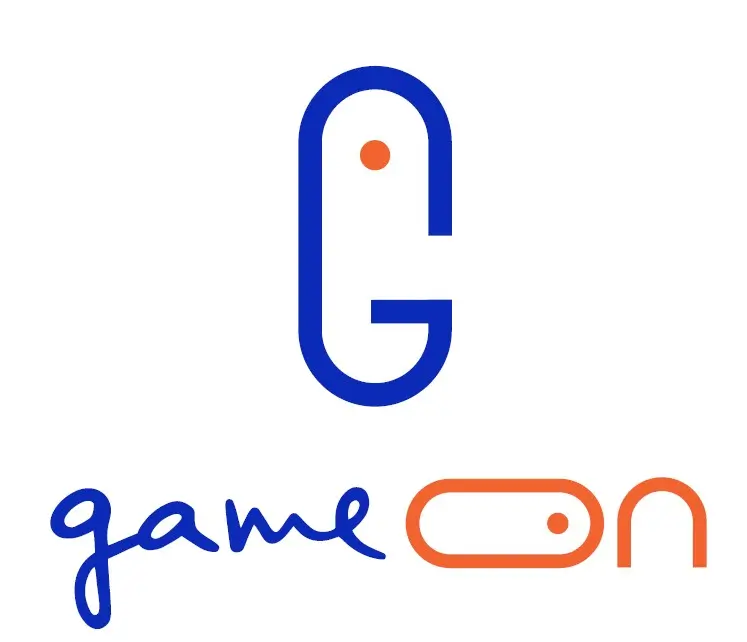
GameON - Overcome youth uNemployment through digital entrepreneurship
Implementation period: 01-01-2022 - 01-01-2024
“GameON: Overcome youth unemployment through digital entrepreneurship” aims at helping young people overcome unemployment by providing them with the necessary skills and knowledge to become entrepreneurs in the digital sector. GameON is especially addressed at the youngsters of the EU, which are one of the sectors at higher risk of exclusion due to the actual crisis. Entrepreneurship is a key tool in the fight towards unemployment, as it serves as a double weapon. On the one hand, the person becomes an entrepreneur is no longer unemployed. And on the other hand, a successful entrepreneur can even be able to hire employees, facilitating the access to employment for other citizens in need. However, many times young people do not believe entrepreneurship to be a path they can take, as they find many obstacles towards the successful starting of a business. For this reason, GameON aims at helping them overcome these issues and learn how to become entrepreneurs, especially focusing on the digital entrepreneurship as it is an area where young people have a competitive advantage, being born in a digital environment.
Read More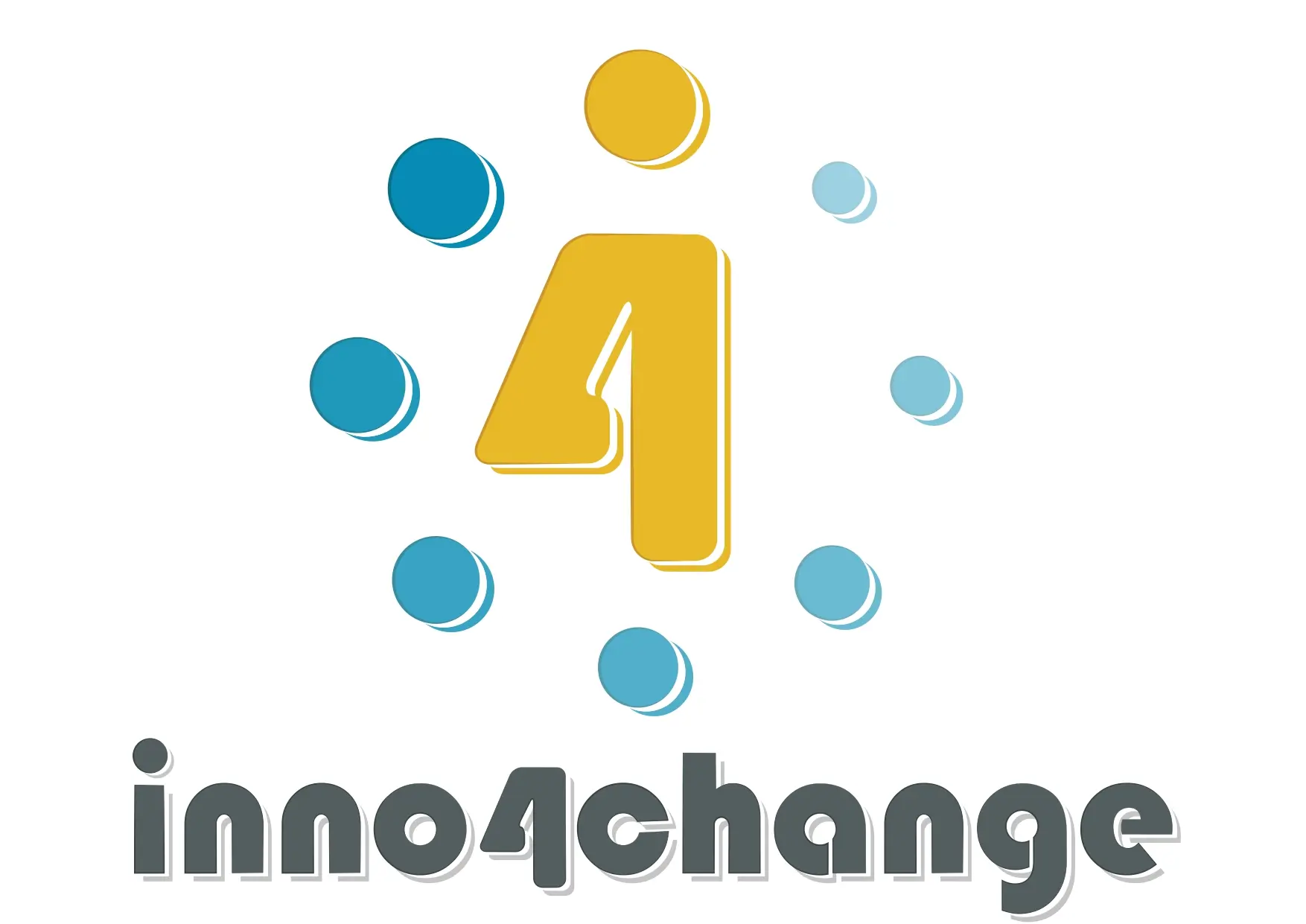
INNO4Change – Empowering innovation and entrepreneurship skills on social entrepreneurs
Implementation period: 01.12.2022 - 30.11.2024
Social innovation involves finding new solutions to societal problems. Social entrepreneurs can become true innovators if they combine societal goals with an entrepreneurial spirit, leading to positive social impact and economic growth. The Social Business Initiative has recognized the importance of providing access to education and training programs for social entrepreneurs. The INNO4CHANGE project aims to promote innovation, entrepreneurship, and business skills for future social entrepreneurs and vocational education and training providers. The project aligns with the objective of adapting vocational education to meet the needs of the labor market and addresses the importance of social enterprises in the 21st century. By developing a digital learning portal, the project facilitates the use of educational resources and digital technologies for social entrepreneurs.
Read More
InterCulturalHotel – Intercultural Professional Development in Hospitality
Implementation period: 01.12.2021 - 31.12.2023
InterCulturalHotel project is motivated to develop a new, innovative intercultural training framework for the hospitality sector that would fit the actual needs of the hospitality professionals. It prepare them for surprises that can arise in a foreign cultural situation and plant intercultural awareness into their minds. This project will also help hotel staff create intercultural connection with guests from China or Russia whose culture and social interaction differ significantly from Western cultures. The tasks of the project implemented under the Erasmus + program will include promoting the importance of intercultural competence among employees and increasing the competitiveness of the sector in Europe.
Read More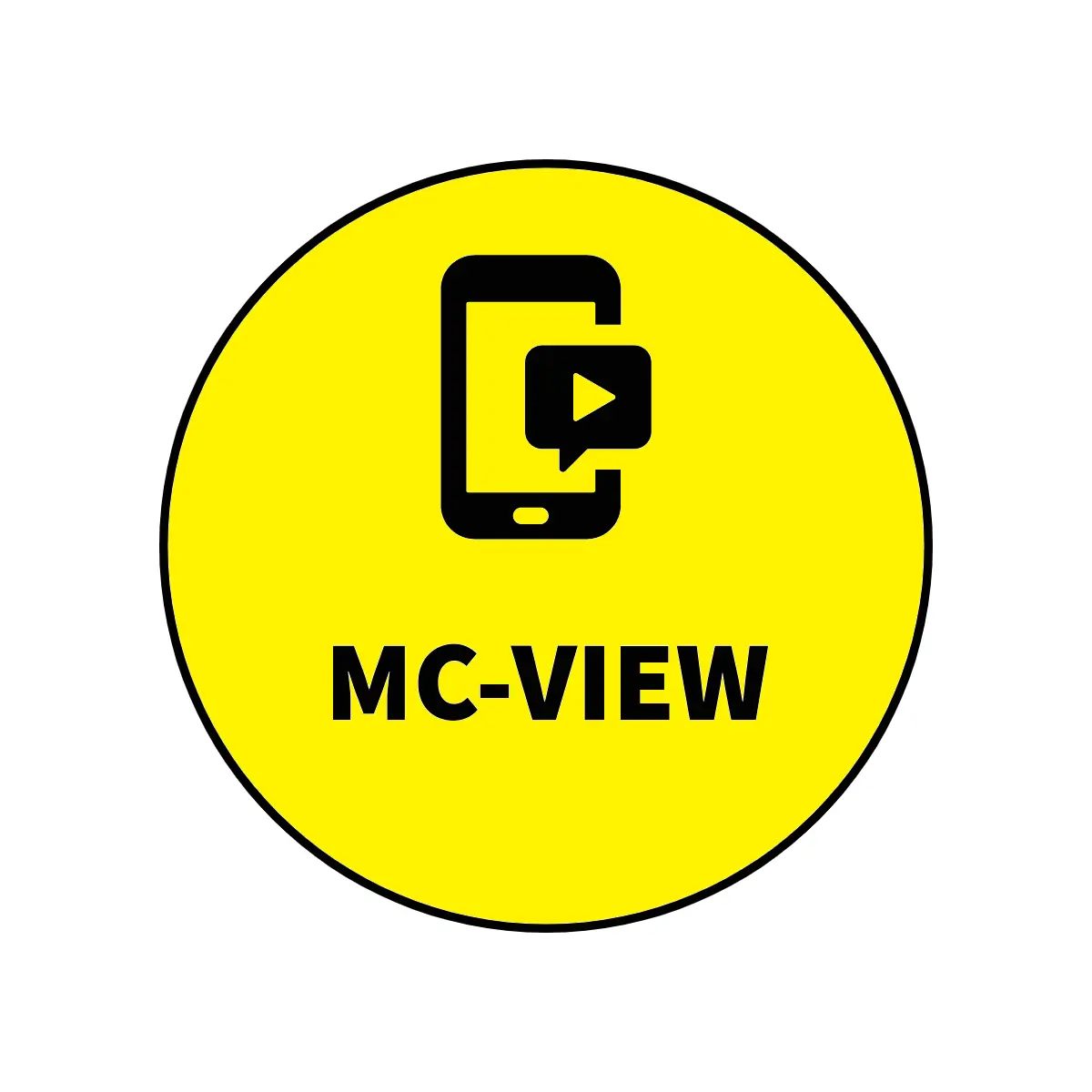
MC VIEW - Media literacy and Critical VIEWing as effective outreach to learning throughout life by people with fewer opportunities
Implementation period: 01.11.2021 – 30.11.2023
The actual and appropriate use of new technologies depends on achieving a level of competence in this area, since disinformation as false, inaccurate or misleading can cause harm to our society. There is therefore a need for specific media literacy initiatives that provide the ability to think critically and detect disinformation. This project aims to develop tools that help the target audience interpret the internal content of a programme, interpret its design, recognise external forces and factors shaping the programme, compare media representations with reality and respond to the potential impact of television form and content. What is needed here is systemic action and support for both adults and their educators. In this context, the project is also innovative for the whole partnership.
Read More
MCRE – Media literacy, critical viewing and CREative vision as effective learning approach for people with fewer opportunities
Implementation period: 01.01.2022 - 31.12.2023
The rapid development of information and communication technologies, coupled with socio-demographic changes, is putting people aged 50+ and low-skilled adults under much more pressure than ever before. To keep up with these changes, it is essential to have an adequate level of media literacy to avoid digital or financial exclusion. The goal of the MCRE project is to support adult education, increasing their media literacy and critical thinking. The project also aims to support adults in analyzing information, which will make them more resistant to fake news and misinformation.
Read More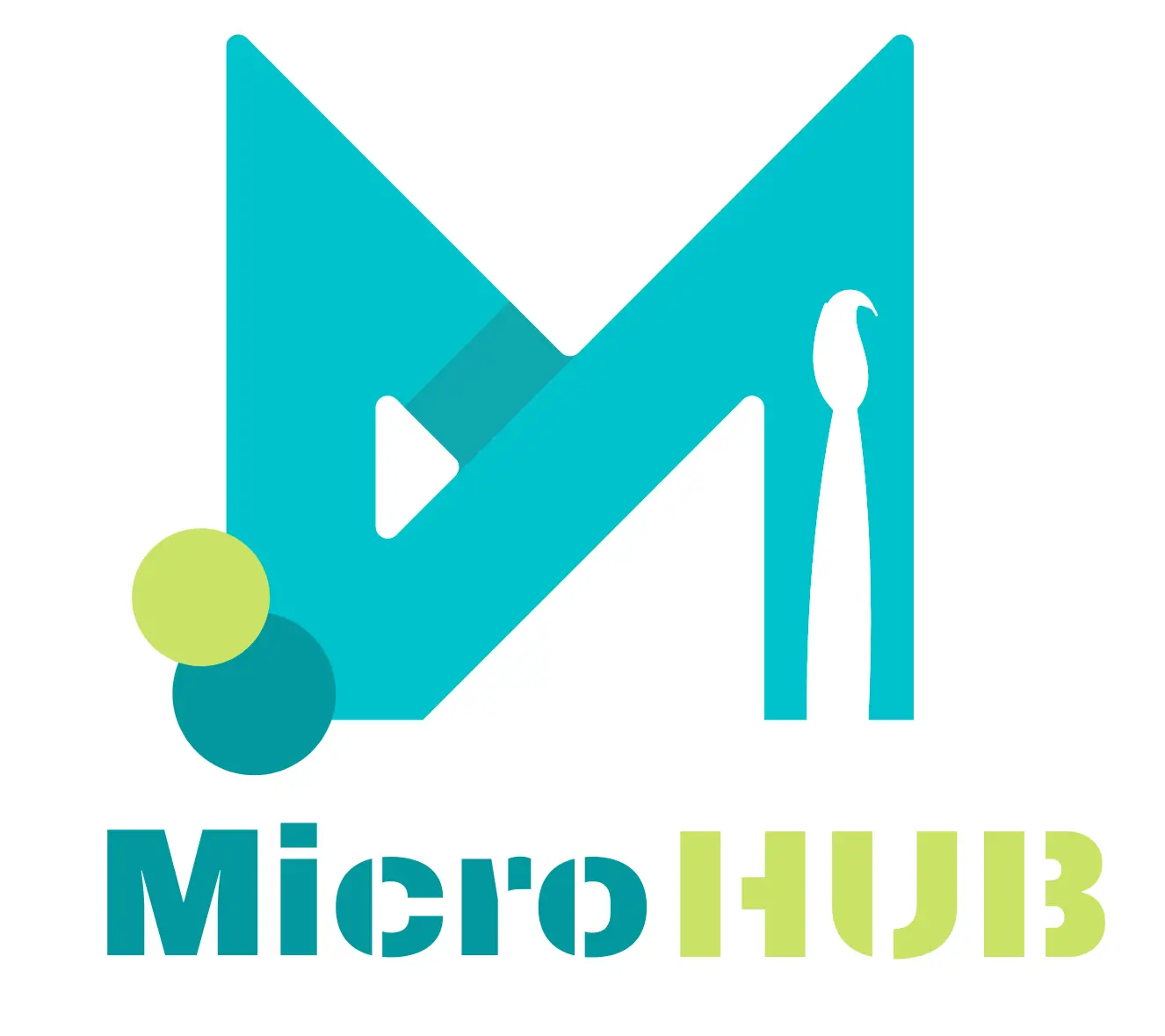
MicroHUB – Promoting creativity microbusiness though web tools in rural area
Implementation period: 01.11.2021 - 31.10.2023
The MICROHUB project aims at developing innovative digital training solutions to enhance the effectiveness and competitiveness of crafters and artisans’ microenterprises, especially in the context of participation to national and EU markets. This will be achieved by developing relevant training solutions and material to strengthen the capacity of existing microenterprises and craft-type of enterprises to strive in the current economic environment. At the same time, the MICROHUB project is devoted to all those individuals who wish to establish their own creativity micro and craft-type enterprise as a response to a crisis or unemployment. But what are the project deliverables?
- Competence Matrix
- Transformative Business Model
- Online Tool
- Individual Online Acceleration Procedure
- Result 1 - Competence Matrix for Digital entrepreneurship and business creative thinking for crafters in rural area
- Result 2 - The Transformative Business Model for creativity micro businesses
- Result 3 - Design of innovative multilingual online tool
- Result 4 - Individual online acceleration procedure for entrepreneurs

NEXT - The next generation is shaping the EU's digital society
Implementation period: 01.03.2022 - 01.11.2024
Artificial intelligence (AI) is expected to play a major role in shaping global competitiveness and productivity over the next couple of decades, granting early adopters significant societal, economic, and strategic advantages. As the pace of AI innovation and development picks up—underpinned by advancements in big data and high-performance computing—the United States and China are both in the driver’s seat. Europe, meanwhile, despite having certain advantages such as a strong industrial base and leading AI research and talent, is punching far below its weight. This state of affairs is especially due to the fragmentation of the EU’s digital market, difficulties in attracting human capital and external investment, and the lack of commercial competitiveness.
Read More
RetroVET – Retrofitting Green Elements into existing VET provision
Implementation period: 01.01.2022 - 31.12.2023
The RetroVET project will support the fight against climate change and promote the benefits of an environmentally sustainable approach to vocational education and training through the “Green Elements”. It aims to: - Contribute to develop and promote a green culture among VET establishments - Close the green skills gap between VET centres that have successfully adopted green skills implementation practices, by facilitating the integration of amongst VET centres which have not embraced ICT practices - Develop a collaborative European Green Skills VET peer mentoring and performance improvement tool/frameworK - Capitalise on existing European vocational training networks multiplier structures and regional hubs to mainstream ICT skills change in VET centres across Europe - Promote and facilitate green skills learning through cross-curricular collaboration and remote peer-to-peer learning amongst European VET centres, practitioners and wider stakeholders
Read More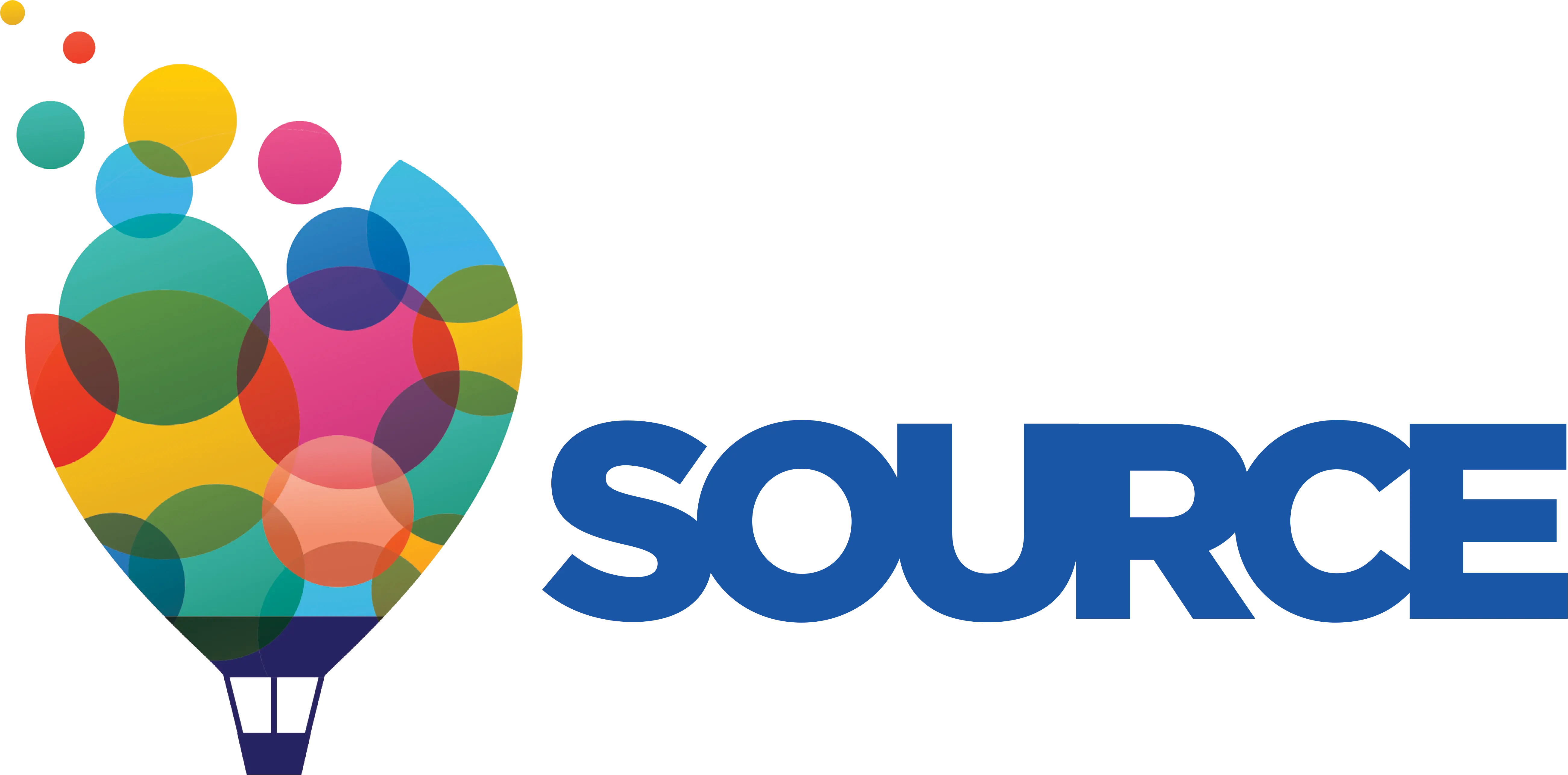
SOURCE Teaching and visual methods for online instructors
Implementation period: 01.11.2022 - 31.10.2024
The SOURCE consortium consists of partners actively involved in providing structured and semi-formal learning experiences. During the preparatory discussions, the main finding was that educators lack the digital competence and skills to move beyond the flat delivery of online learning and provide engaging and participatory learning experiences.
Read More
STAND UP: Fighting cyberbullying by identifying it in the VET classroom
Implementation period: 01.02.2022 - 01.02.2024
STAND UP is a project focused on the fight against cyberbullying in VET, especially in IVET and middle VET. Cyberbullying is usually focused and studied only in primary and compulsory secondary education. Most of the available studies and materials are focused on students under sixteen years old corresponding to compulsory education, as is the case of Save the Children or Unicef studies. However, VET students, who are usually positioned between 16-24 years old, are not normally the subject of such studies, although if we look at the percentages of the 2017 Unicef study it is clear that bullying goes up as age goes up (there were 14% of participants victims of cyberbullying under 14 years old, and 15% under 16), from which it can be derived that students between 16 and 20 years old still need tools to help them in this area. And even more importantly, teachers, trainers and workers in VET centers who are in contact with these students need tools to know how to manage cyberbullying crises. In this context, the need that STAND UP seeks to fill is the lack of training given explicitly to VET teachers, as well as content designed for VET students. Not only that, it also seeks to give a tool that provides support to teachers, who in many cases have already denounced the danger they see in cyberbullying, and how it is increasing due to the widespread use of mobile phones among adolescents and young people. At the same time, the aim is to provide a tool to help students who suffer from cyberbullying, through a mobile application that allows quick access to regional or national contact information, and that provides tools to raise awareness among students about the importance of the fight against cyberbullying.
Read More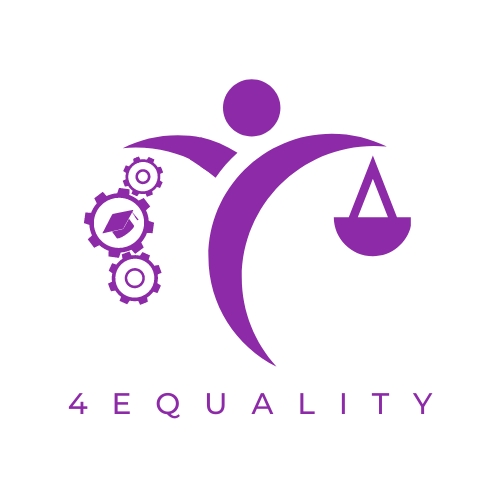
4equality – Implementing innovative tools and methodologies for employability and equal opportunities of young women facing bias in men-dominated future-oriented sectors
Implementation period: 01.01.2024 - 31.12.2025
Current youth generation is eager to take control of their lives, they are better educated than ever and are more active in political and social arena (53% engagement) (EU Youth Strategy). But, more than ever it faces inclusion challenges within the economic sector, due to uncertainties linked to technological changes, demographic trends, discrimination, social exclusion and populism. The challenge is even more severe for women. Even though more young women than men in EU graduate from universities (Women's situation in the labour market, EU, 2022), their access to job market is more limited, with 12.6% EU gender employment gap (CEDEFOP 2022). More, the access to job market declined during Covid especially for women and young people (OECD 2022). While women in general face strong barriers in job market access related to gender bias and perceived negative impact of commonly higher engagement into unpaid care responsibilities, it’s young women that are on average 2 to 3 times more likely to be unemployed than older adults (ILO 2021). While such gender inequalities are broadly recognised, and especially present in male-dominated areas, as business and STEM, women studying or training to work in those sectors aren't being prepared to deal with the job market discriminative behaviours.
Read More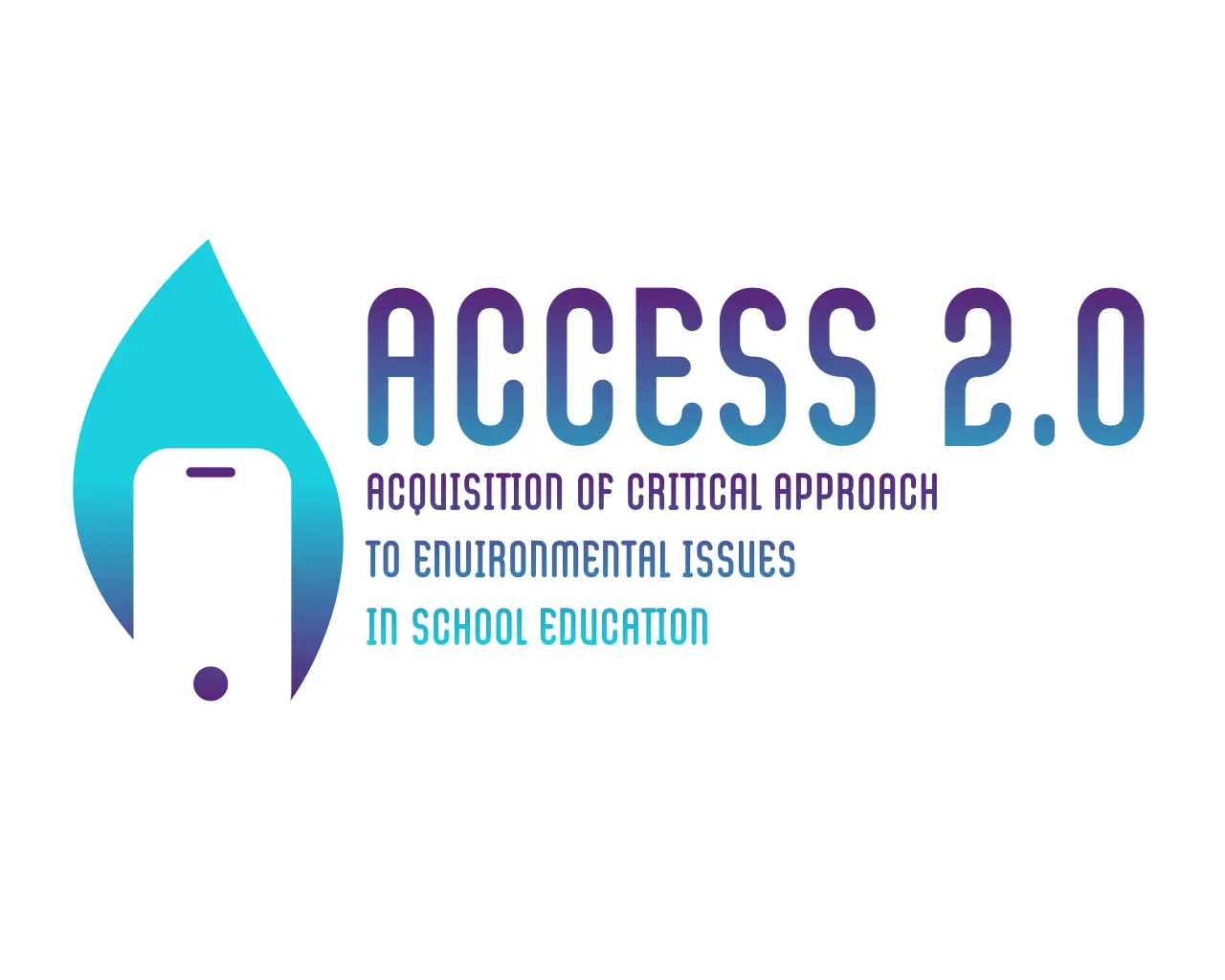
ACCESS II – Acquisition of Critical Approach to Environmental issues in School Education
Implementation period: 31.12.2023 - 30.12.2025
The main objective of the ACCESS II project is to equip secondary school teachers with innovative and effective tools to develop students' critical thinking skills about the environment. By providing engaging and comprehensive resources, the project aims to enable teachers to create a generation of informed and responsible citizens who are prepared to face the challenges of climate change.
Read More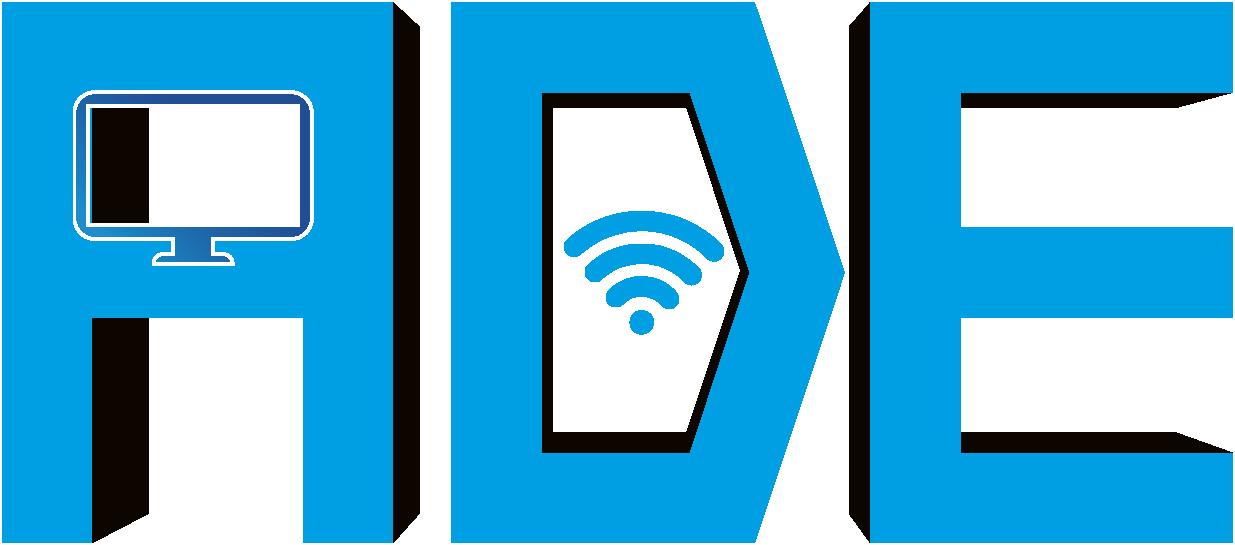
ADE - Adjust your school to the challenges of modern, Digital vocational Education
Implementation period: 01.03.2021 – 28.02.2023
The highly infectious COVID-19 disease, declared a pandemic by World Health Organization, has changed the educational panorama of the world in a very short time. In the face of global school closures, all educational systems have faced striking challenges in moving from traditional methods of learning to online/distant teaching-learning environments. Latest surveys suggest that VET learners might be at disadvantaged compared to learners from other educational tracks as more efforts are put into general school subjects, and less in typical vocational content. Hence, this project aims to contribute to maintaining the continuity of VET in the field of tourism by introducing digital VET opportunities. This will ensure that students get the most of their education and training and they are less affected by the crisis situation.
Read More
B-ECO - Start-up Eco Entrepreneurs project
Implementation period: 01.01.2022 - 01.01.2024
Entrepreneurs are an important pillar of the EU economy, and it is essential to provide them with the skills and knowledge they need to succeed. B-ECO would not only train them in important competencies and skills (based on EntreComp), and tools but also with the ability to become innovative and to stand out in the market instead of drowning on it. According to the EC: "By supporting new processes, technologies and services that make business greener, eco-innovation helps Europe optimise its growth potential while addressing our common challenges." Through the guide of experts in this area, our partners will contribute with their wide experience finding best practices, case studies, lessons learnt and future opportunities. During the project, we will deliver training and practical managerial education among training providers from partner’s countries through an innovative training focused on eco-entrepreneurship, innovation and management on eco-businesses, and a new and innovative e-learning platform oriented to create a unique space of shared knowledge and experiences between course users.
Read More
C4C - Citizens for Climate
Implementation period:
The project (Citizens for Climate) aims at encouraging the civic and democratic participation of citizens, specifically youngsters, on local environmental issues through a wide range of tools and activities implemented in four European countries: Italy, France, Poland, and Hungary. The project’s main activities are COP simulations (and TOTs for teachers and educators), Citizien’s Science Research at the local level (with the RANAS Approach), a workshop with WANE (We Are Nature Expedition – journalistic report), implementation of a local and one transnational raising awareness campaign (Transnational Conference), drafts of policy recommendations to be presented to LA, Public Assembly at local level, final visit at the EU Parliament.
Read More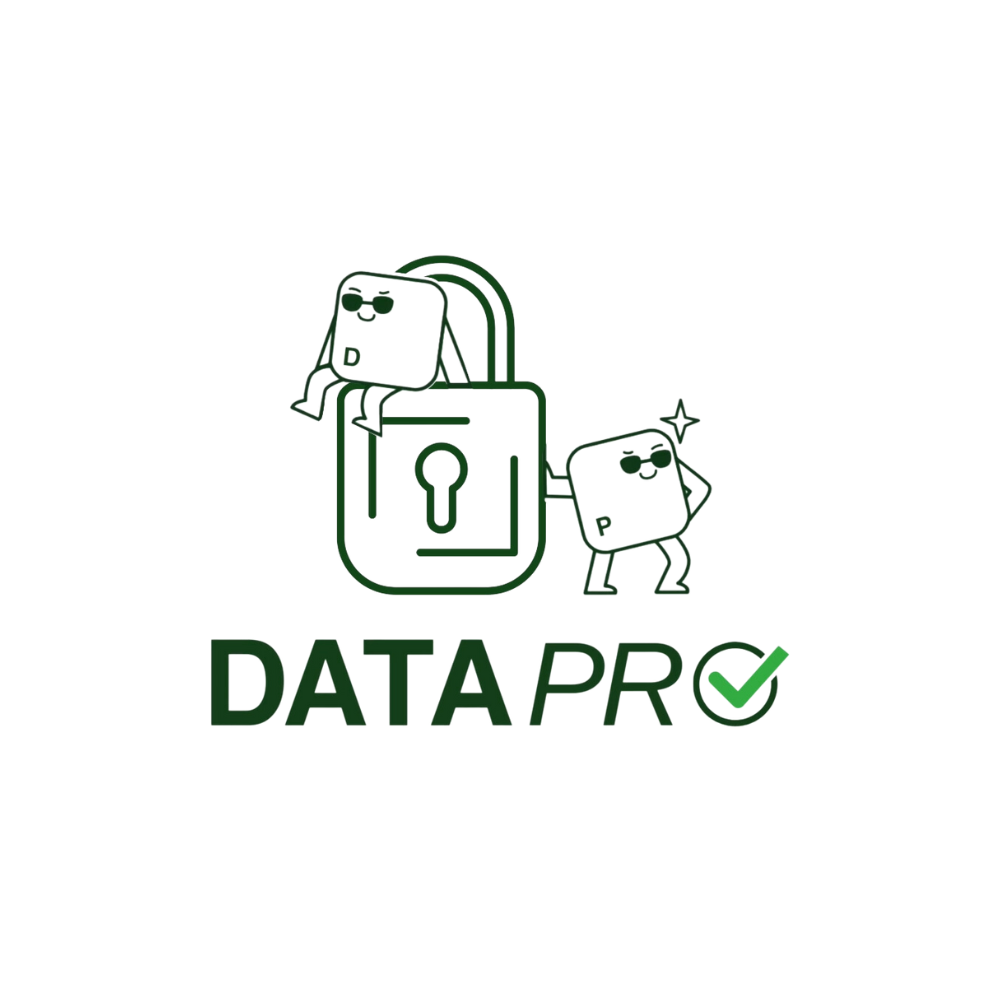
DataPro - How to protect your personal data and what’s more that of your friends?
Implementation period: 31.12.2023 - 30.08.2026
The DataPro project tackles the intricate challenges of data protection in the digital era, acknowledging its critical importance for future generations. In response to the evolving landscape of digitalization, the project aims to educate individuals on the complexities of data privacy regulations, emphasizing ethical considerations inherent in information technology. By fostering a deeper understanding of the ethical implications, DataPro equips individuals with the knowledge and skills to navigate the digital terrain responsibly.
Read More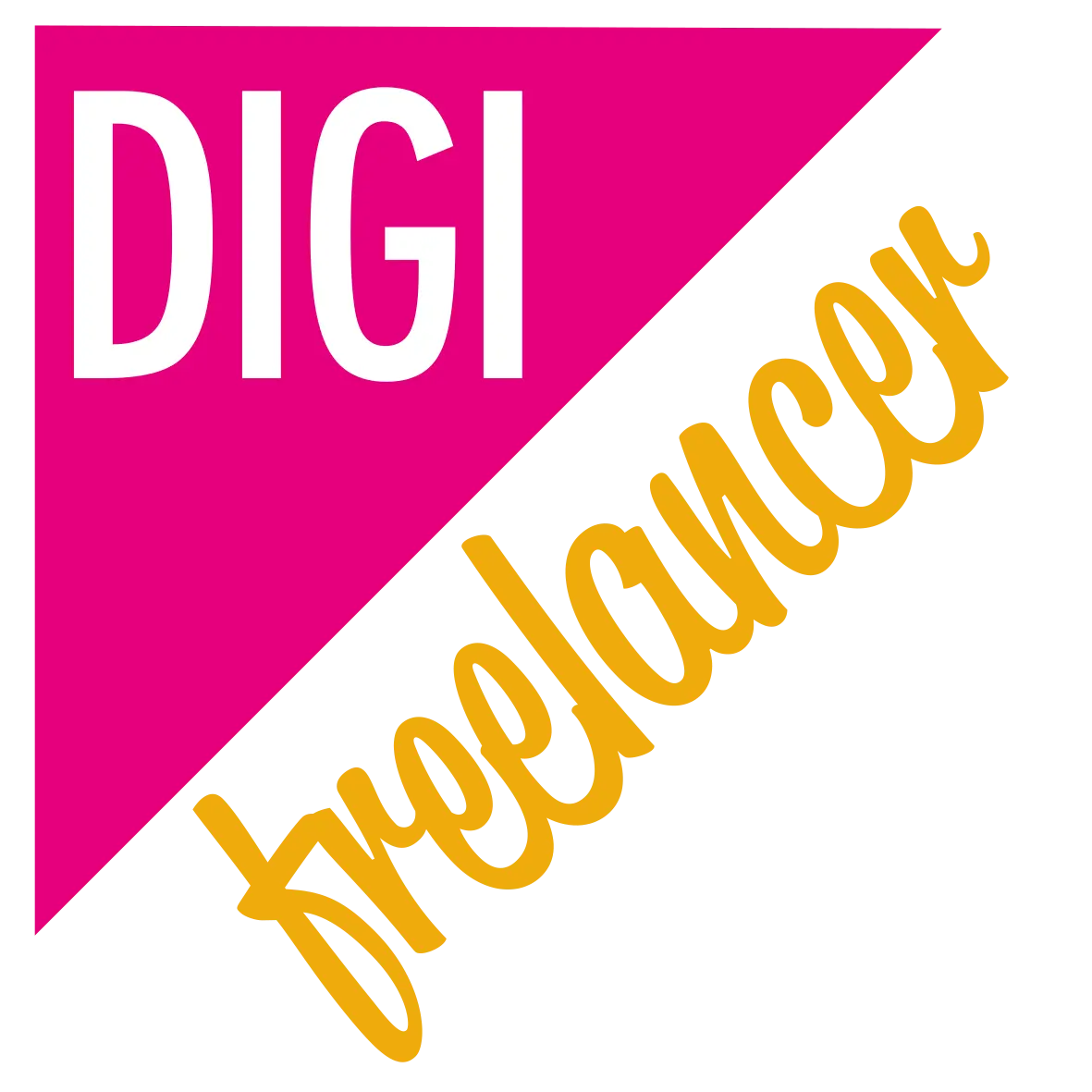
DigiFreeLancer - Digital and business skills for an incubator for freelance entrepreneurship
Implementation period: 01.11.2022 - 31.10.2024 (24 months duration)
DIGIfreelancer is a two-year EU project financed under the ERASMUS + program. The project aims to develop a model of virtual incubator, strengthening the freelancers in order to:
Read More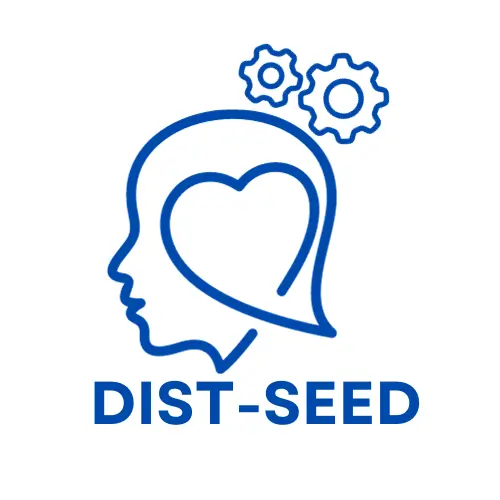
DIST-SEED - Digital Integration Storytelling Through Social-Emotional Education
Implementation period: 01.09.2023 – 31.08.2025
Emotional education, often referred to as emotional intelligence or emotional literacy, is the process of developing and nurturing the ability to recognise, understand, manage and use emotions effectively in various aspects of life. It includes learning to recognise and express emotions, empathise with others and regulate one's own emotional responses. Emotional education is essential for personal development, healthy relationships and overall wellbeing.
Read More
EASY - Employability for AutiStic Youth
Implementation period: 01.11.2023- 31.10.2025
The EASY project was designed as a response to the growing responsibility of European member states to support people with disabilities in the development of their employability. Specifically, the project is concerned with securing the employability of young autistic people. As a result, it seeks to offer capacity building for youth workers and provide them with high-quality innovative material to support autistic youth.
Read More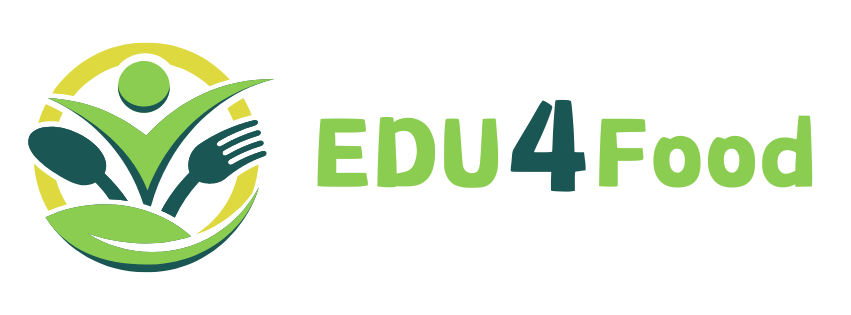
EDU4Food: Educating youth towards sustainable, healthy and equitable food systems
Implementation period: 01.03.2024 – 28.02.2026
The EDU4Food project focuses on developing competencies in sustainable food-relevant sectors and promoting deep knowledge of the main pillars of the Farm to Fork Strategy through educational modules as well as activities, methodologies, and lesson plans that align with sustainability goals. Through the deliverables produced, the project supports the testing of innovative practices that prepare young learners, youth workers, and the participating staff to embrace sustainable behaviours. This includes encouraging resource-saving practices, reducing energy consumption and waste, offsetting carbon footprints, and promoting sustainable choices in food production and consumption. The project also emphasizes behavioural changes at an individual level, targeting preferences, consumption habits, and lifestyles that align with the principles of the New European Bauhaus initiative. Additionally, the initiative aims to enhance the sustainability competencies of youth workers, reinforcing their capacity to promote environmental sustainability within their respective institutions.
Read More
EM&M– EMotional intelligence & cybersecurity environMents in youth education
Implementation period: 01.05.2025 - 30.04.2027
The EMotional Intelligence & Cybersecurity EnvironMents in Youth Education (EM&M) project aims to develop emotional and digital competence among young people and youth workers. In an era of rapid digitalisation and increasing online threats, the project responds to the need to build awareness of the impact of the digital environment on young people's behaviour and emotional wellbeing, as well as to raise their awareness of cyber security.
Read More
ENTREADU: Promoting Entrepreneurs with Migrant Backgrounds on online gamified platforms
Implementation period: 01.12.2023 - 30.11.2025
EntreAdu, as a cornerstone initiative in alignment with the EU's strategic priorities, emphasizes bolstering investment in human capital and education. In addition to empowering educators to cultivate entrepreneurial mindsets among low-skilled migrant adults, EntreAdu also includes specialized training courses to enhance teachers' qualifications. Through this comprehensive approach, the project aims to catalyze economic empowerment and foster societal inclusion, adhering to the directives outlined by the European Council.
Read More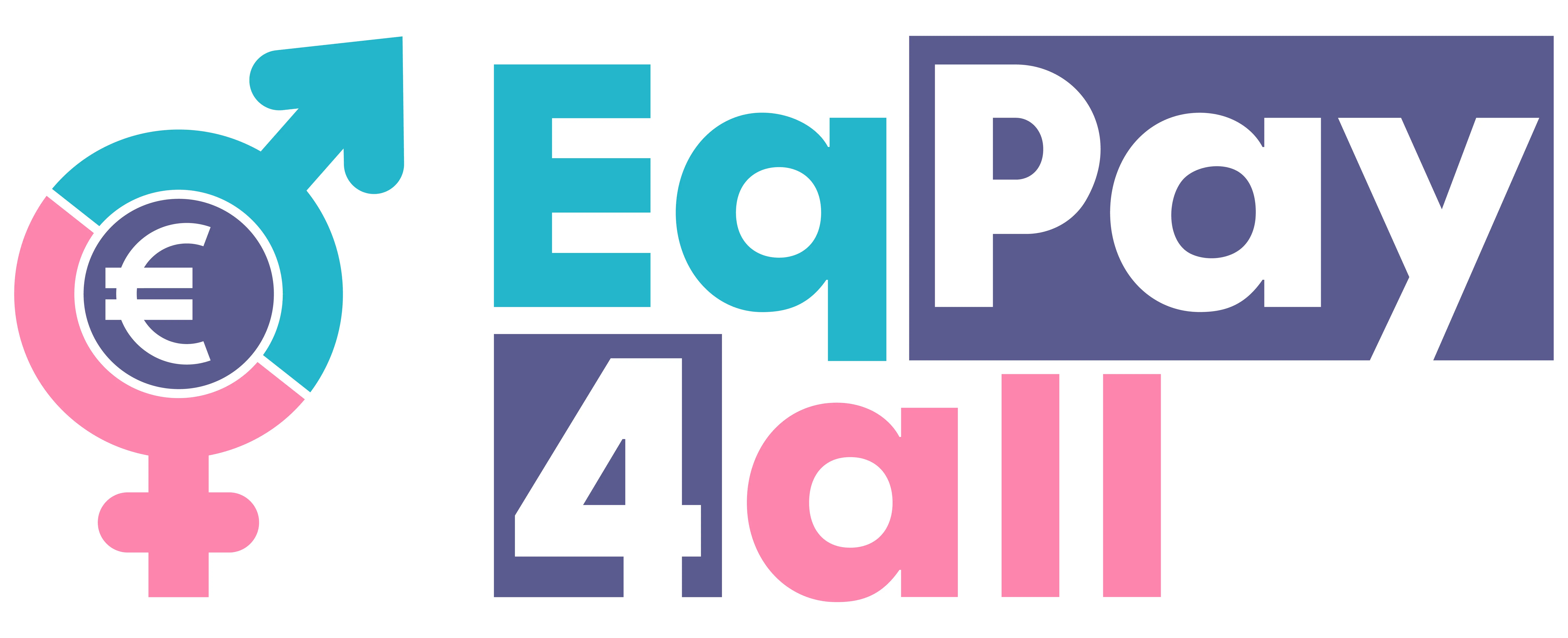
EqPay4all - Equal Pay For All
Implementation period: 01.12.2023 - 30.11.2025
EqPay4all addresses the need for transnational cooperation in order to tackle the local, national and European problem of the gender pay gap and stereotypes. EqPay4all aims to increase awareness for the gender pay gap and to foster skills to defeat stereotypes contributing to change of systemic structures in the labour market. Young and adult women are jointly empowered to realise their potential and to give them a voice to stand up for their rights in the professional field.
Read More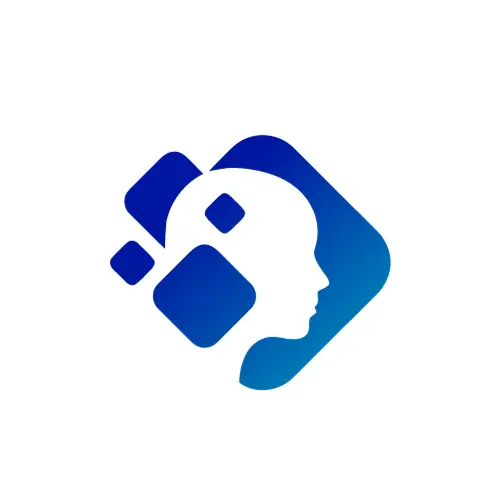
Erasmediah - Educational Reinforcement Against the Social MEDIA Hyperconnectivity
Implementation period: 03.12.2023 - 02.12.2025
The primary, direct target group of the project will be youth workers, educators, facilitators from the 7 partner organizations. Professionals need to improve their competencies and knowledge about guiding, facilitating, and teaching young people how to prevent risks and dangers related to social media and other online networking platforms’ hyperconnectivity (Instagram, TikTok, Snapchat, Omegle, Kik, Tinder, Telegram, Holla, Onlyfans, Chatspin, online video games, etc.).
Read More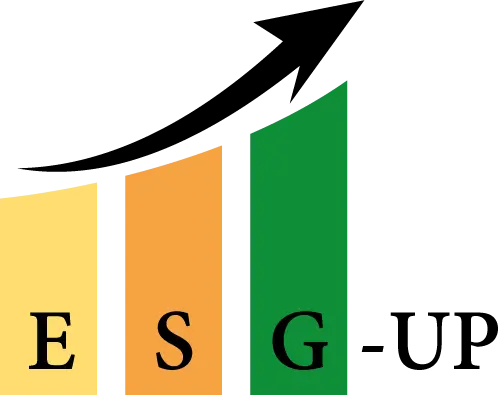
ESG-UP – Strategic partnership to up-skill European SMEs in the development of Environmental, Social and Governance strategies
Implementation period: 28.02.2022 – 27.02.2024
The main objective of ESG-UP is to address the training and knowledge gaps of SMEs in sustainability practices to become more competitive and resilient. The project focuses on sustainable business operations as a result of integrating ESG (Environmental, Social and Governance) objectives and measurements.
Read More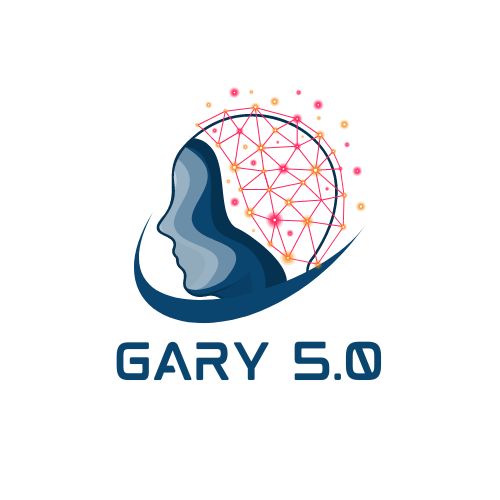
GARY 5.0 - Greater Aggregation of knowledge and Reinforcements of awareness in the field Industry 5.0 in vocational education
Implementation period: 01.12.2023 – 30.11.2025
The GARY 5.0 project is an innovative project aimed at developing entrepreneurial and innovation skills. Through diverse educational activities, mentoring, and practical group projects, we want to equip participants with the necessary knowledge and tools to create and implement their business ideas. Activities carried out as part of the project include various forms of learning, from interactive workshops and training to mentoring sessions led by experienced businesses and the public to business idea competitions that encourage creative thinking and innovation.
Read More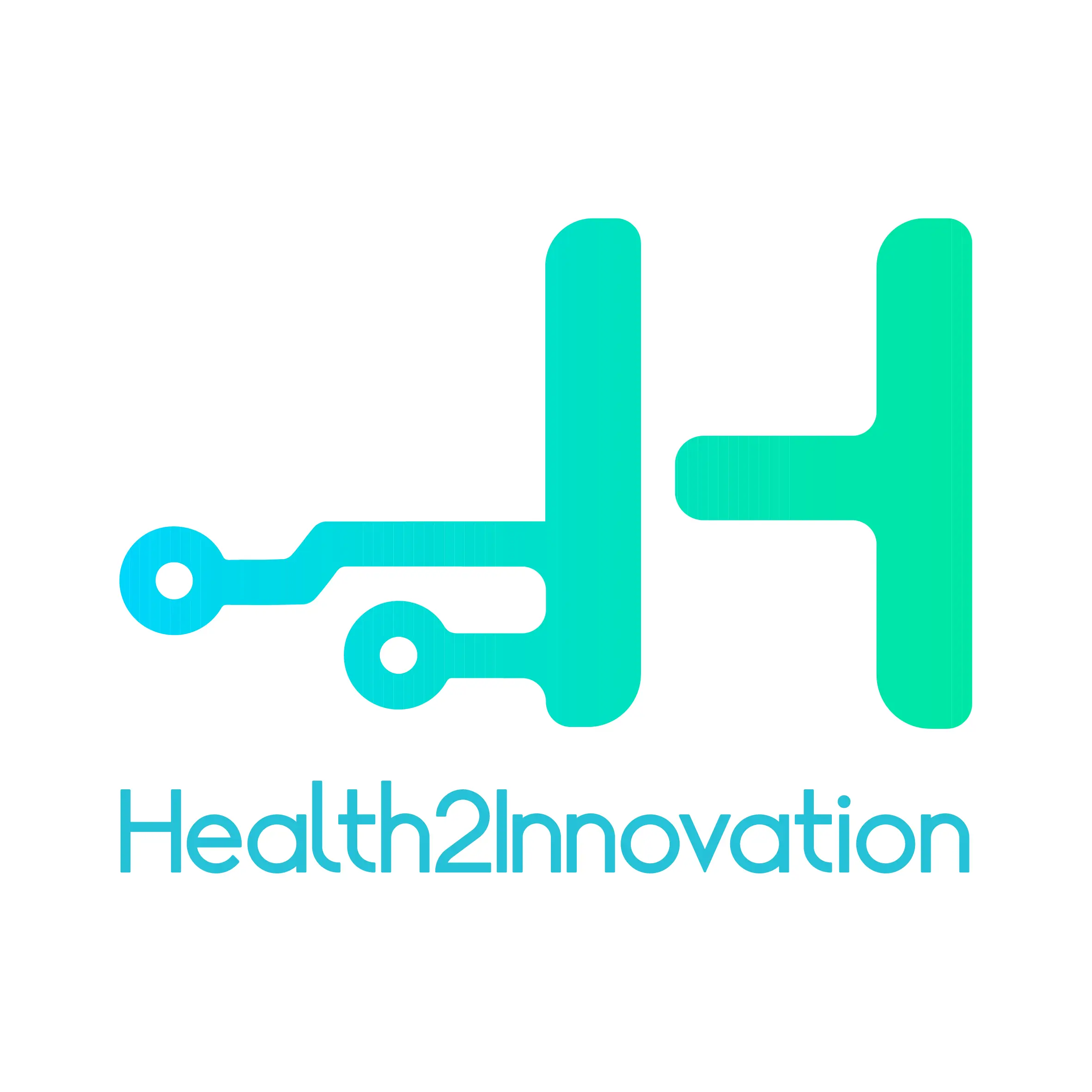
Health2Innovation – A University-Business Alliance to accelerate the digital and green transition of healthcare and innovation in the health market
Implementation period: 01.09.2023 - 31.08.2026
The COVID-19 pandemic highlighted the urgent need to accelerate the deployment and market uptake of digital health technologies. Many of these innovations were developed to combat the spread of COVID-19 and now present an opportunity to revolutionize the health sector in Europe. This sector must adapt to the latest technological advancements to become more digital and sustainable. Equipping university students and graduates with entrepreneurial, digital, and green skills is crucial for driving this transformation.
Read More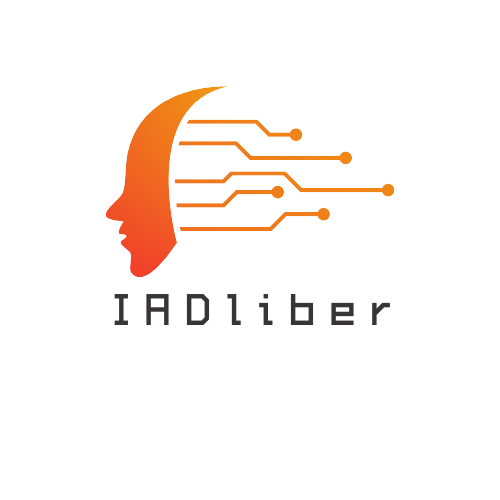
IADliber - Raising competences of adult educators as a means for adults liberation from internet addiction disorder
Implementation period: 01.12.2022 – 30.11.2024
IADliber Project aims to support adult educators especially involved with low educated adults by providing them with the necessary educational materials that can help them in their work & be an excellent tool for presenting influence to the target group through mindfulness and other methods of focus, self-awareness and reliable assessment of the situation.
Read More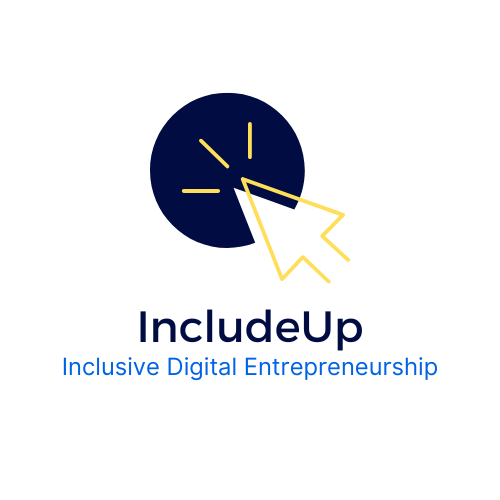
Includeup: Inclusive Digital Entrepreneurship Educators for Migrants
Implementation period: 01.02.2023 - 31.01.2025
INCLUDEUP project has been set up for adult education including partners from a cross sectoral way on the international level to find solutions for the need to support the migrants.
Read More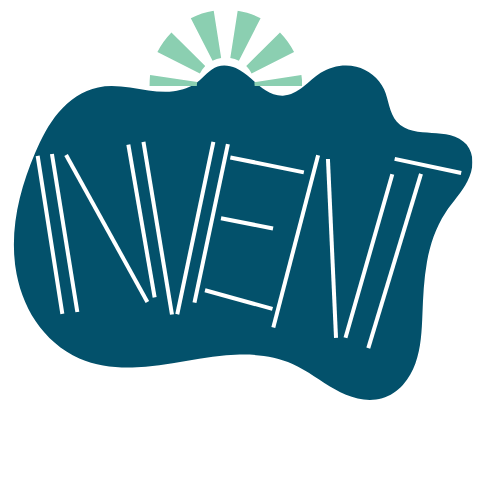
INVENT - INcubator for innoVative non-formal EducatioN Transnationally
Implementation period: 01.03.2023 - 01.03.2025
The "INcubator for innoVative non-formal EducatioN Transnationally" project aims to address the key megatrends that are transforming the labour market and their implications for job quantity, job quality, and inclusiveness, gender equality, all of them key priorities of the EU today.
Read More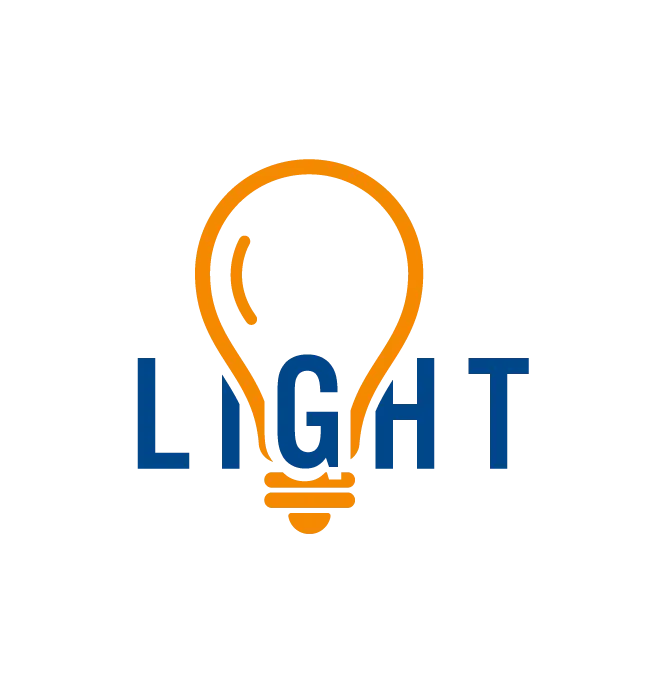
LIGHT - Youth work sheds LIGHT to unconscious bias and invisible Racism
Implementation period: 01.11.2023 - 31.10.2025
LIGHT’s goal is to bring improvements in youth work’s responses to unconscious biases and invisible racism, contributing to the fight against them and advancing EU society’s inclusiveness. The project aims to promote bias literacy, develop innovative youth work tools to shed light to the phenomena, increase youth workers’ ability to effectively work on the topic, and raise youngsters’ ability to recognize and question their bias.
Read More
MAYFIN: Supporting a multi-action financial literacy increase among young disadvantaged students
Implementation period: 01.10.2023 – 30.09.2025
The main objective of MAYFIN is to develop a set of solutions in order to close the gap on financial literacy skills among young people (between the ages 15 and 18) with different levels of socioeconomic conditions. While contributing to the reinforcement of the European identity the project combines the knowledge of financial literacy along with other identified soft skills.
Read More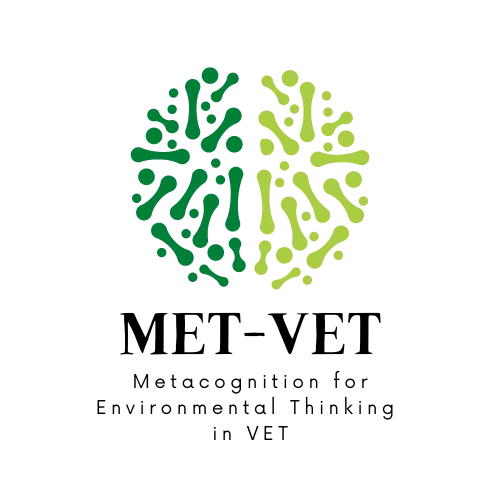
MET-VET - Metacognition for Environmental Thinking in VET
Implementation period: 01.05.2022 - 30.04.2024
MET-VET will support the greening process and wider European environmental and sustainability targets and objectives by developing an innovative set of tools which support environmental awareness through a broader metacognitive knowledge and skill among VET learners, and their educators to support the role of VET centres as hugely influential educators as Europe embarks on a digital and environmental shift. Set within this context, this project will facilitate the adoption of environmental metacognition strategies, improve the environmental metacognitive abilities and positive mindset towards lifelong learning, upskill VET practitioners with knowledge of environmental metacognitive theories to provide support and the skills to train learners to adopt metacognition and raise the profile of environmental metacognitive skills as a core part of VET provision at EU and national level.
Read More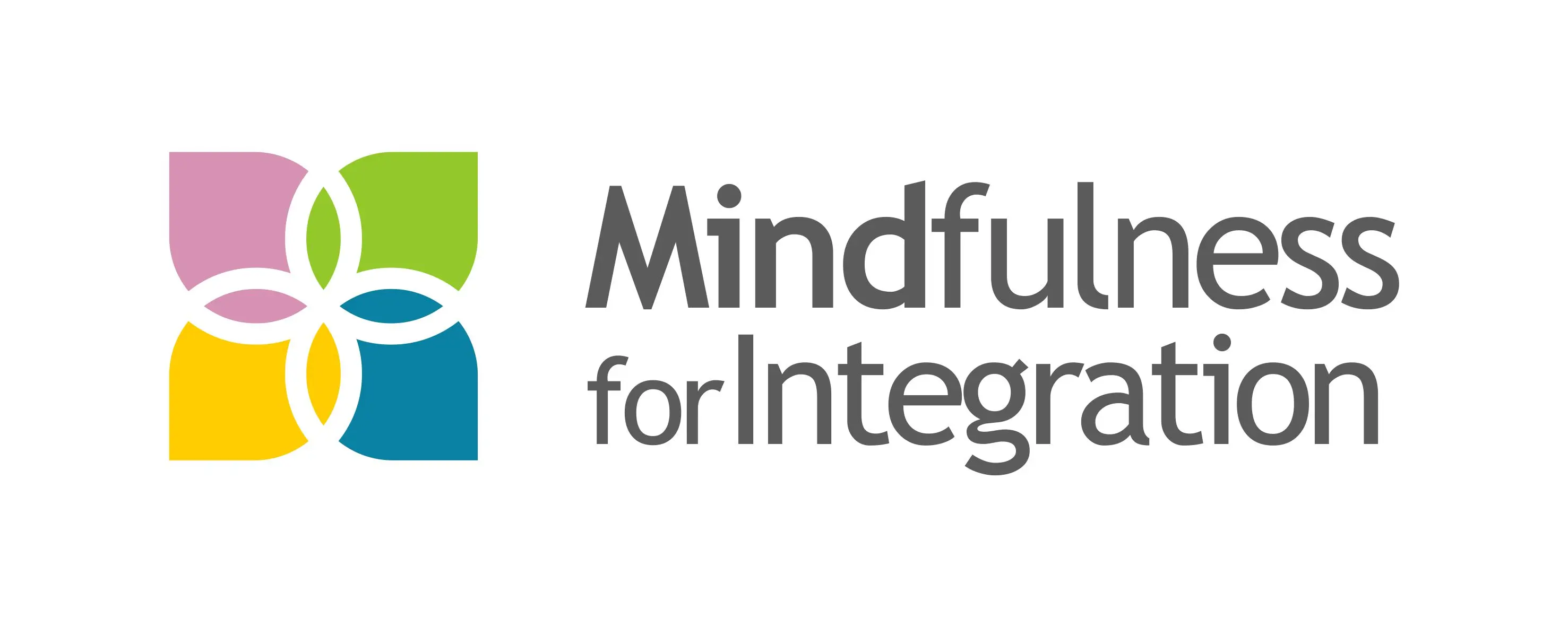
Mindfulness for Integration
Implementation period: 01.09.2023 - 31.08.2025
The main objective of the Mindfulness for Integration project is to provide the Cultural and Creative Sector professionals as well as the experts of social support to care for the wellbeing of migrants and refugees through arts and culture.
Read More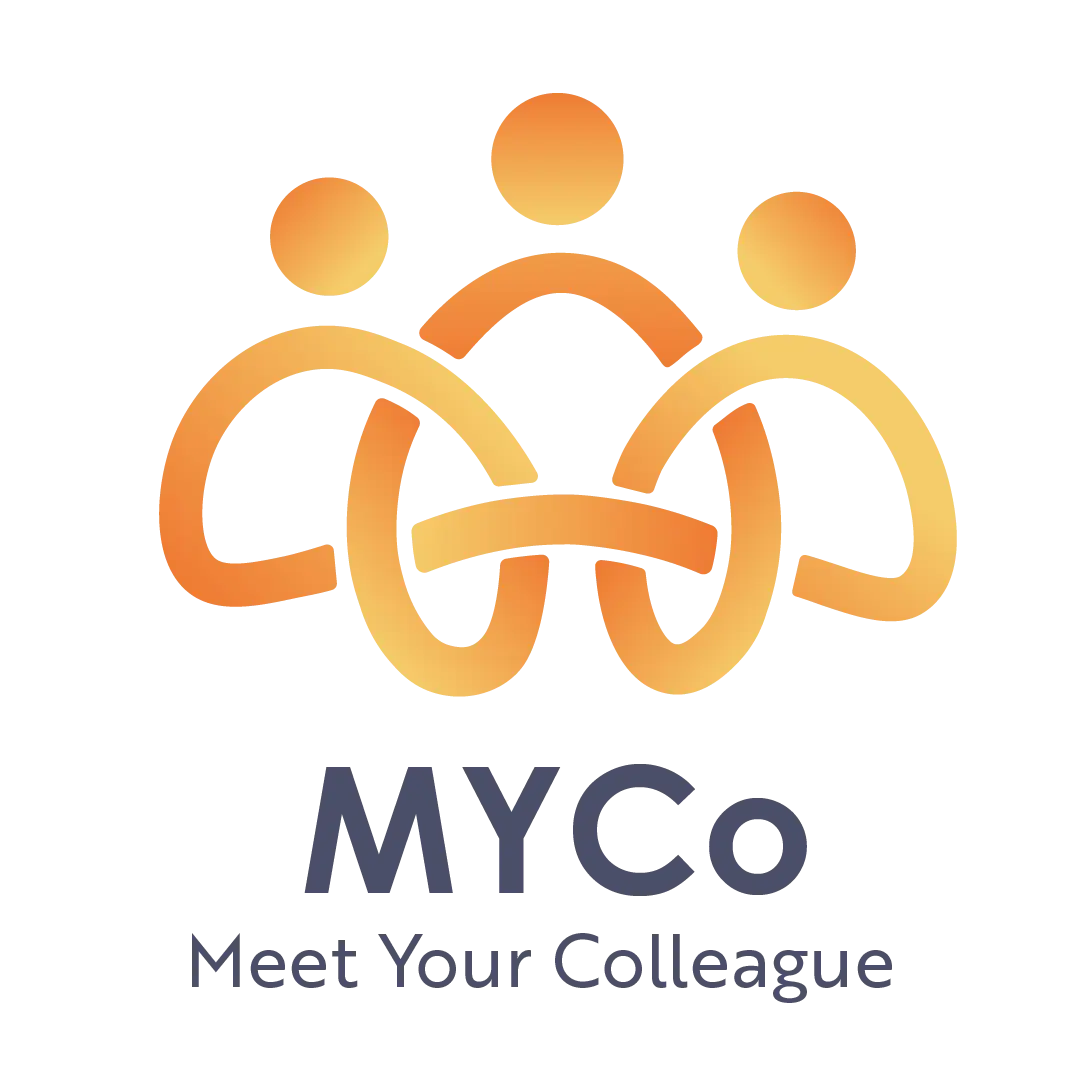
MYCo – Meet Your Colleague. Overcoming generational stereotypes through knowledge.
Implementation period: 01.11.2024 - 31.10.2026
The MYCo project is in line with the European Union's goals to increase employment and participation in training by 2030. Its mission is to promote the social and professional inclusion of people regardless of gender, origin, religion, age, disability or orientation. In response to Europe's aging population and the presence of multiple generations in the labor market, the project focuses on breaking down stereotypes about generations. By analyzing differences and similarities in areas such as communication, culture, attitudes toward work and technology, MYCo is creating tools for employers, HR managers and labor organizations.
Read More
Re – breading – Re-branding bread to improve quality of production and reduce food waste
Implementation period: 01.02.2022 - 01.02.2024
The Re-breading project aims to implement the 'Farm to Fork' strategy outlined in the European Green Deal. The strategy is a fair, friendly and healthy food system to reduce food and prevent waste, support and promote sustainable food production and consumption as well as sustainable food processing and distribution. Re-Breading envisages the creation of sustainable, but also new, healthier and more nutritious options in the production and consumption of bread, emphasising the importance of understanding ingredients, careful selection of raw materials and methods. By rebranding the identity and increasing the nutritional quality of bread products, the project will also contribute to 'reversing the rise in overweight and obesity rates across the EU by 2030', which is highlighted as 'critical' in the Farm to strategy, which also states that 'if European diets are aligned with dietary recommendations, this could lead to a significant reduction in the environmental footprint of food systems. The project also aims to contribute to the reduction of food waste at both retail and consumer level by training new and future baking professionals who can have a direct impact on consumers through their productions, thereby reducing 'the estimated amount of household food waste, which is strongest among the three sectors of households, food services and retail.
Read More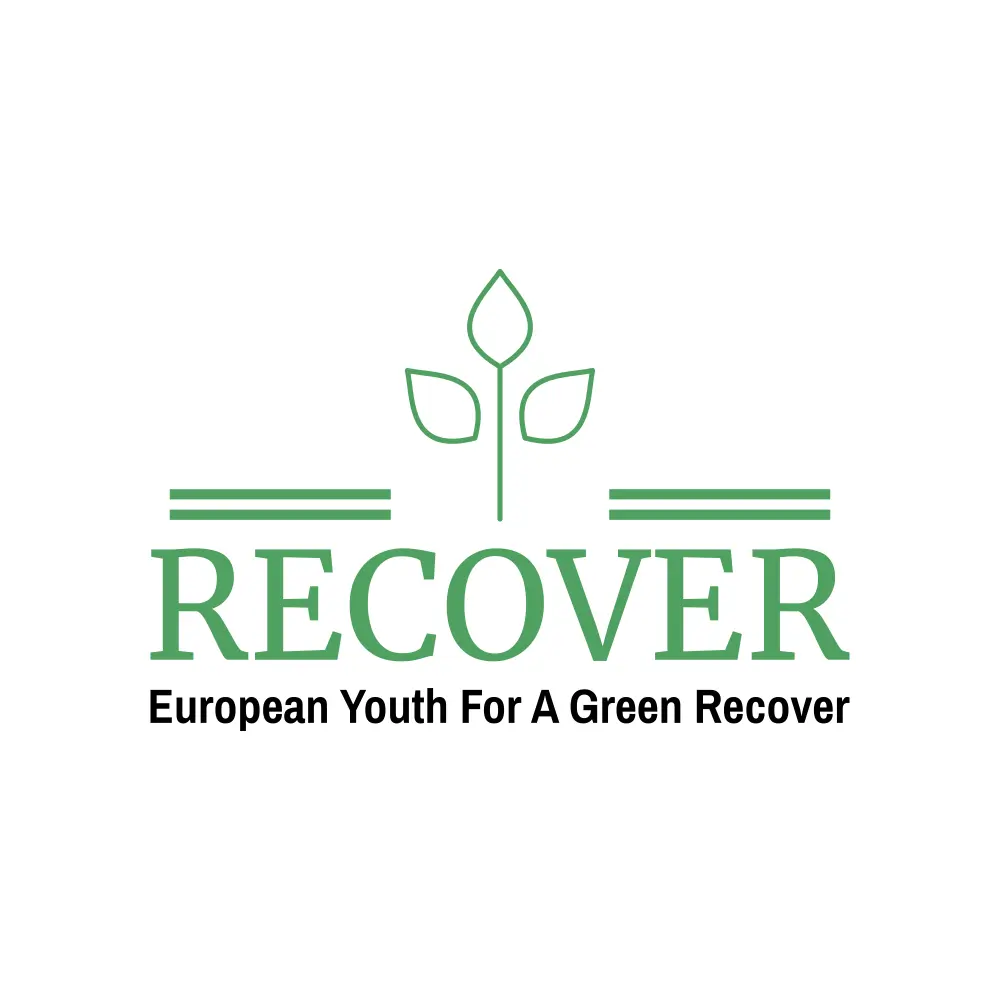
RECOVER - European Youth for a Green Recover
Implementation period: 01/12/2022 – 30/11/2024
The RECOVER: European Youth for a Green Recover is designed to address youth unemployment by promoting green entrepreneurship in line with the EU economy’s green transition efforts.
Read More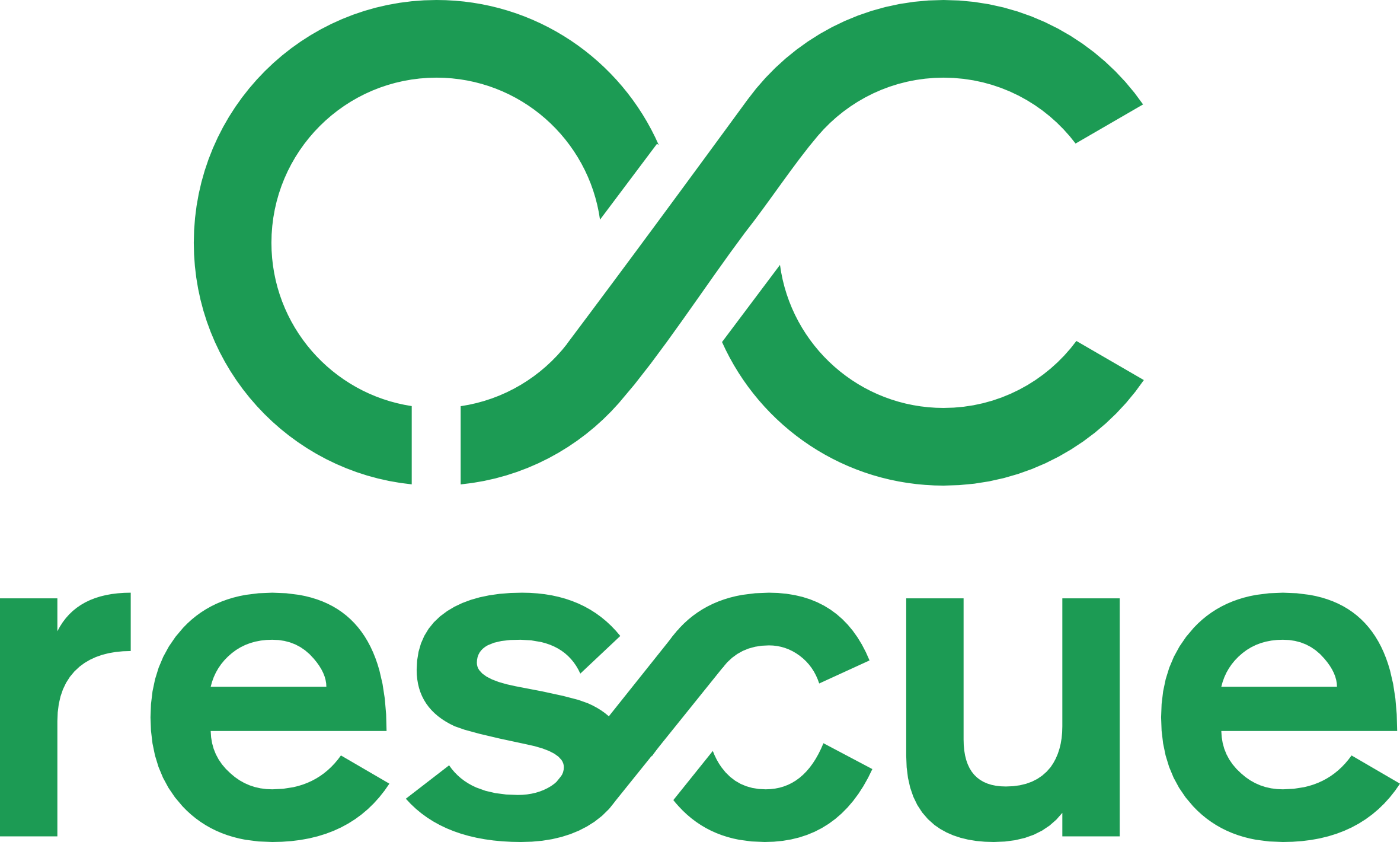
RESCUE - Raise your voice against Plastic
Implementation period: 01.12.2022 - 30.11.2024 (24 months)
The RESCUE project aims to validate youth work, informal and non-formal learning, and support quality development and innovation in youth work. The RESCUE project empowers youth workers with tools, methods and activities to strengthen young people’s sense of green initiatives (e.g., campaigns) and volunteering acting as agents of change for environmental and sustainable development.
Read More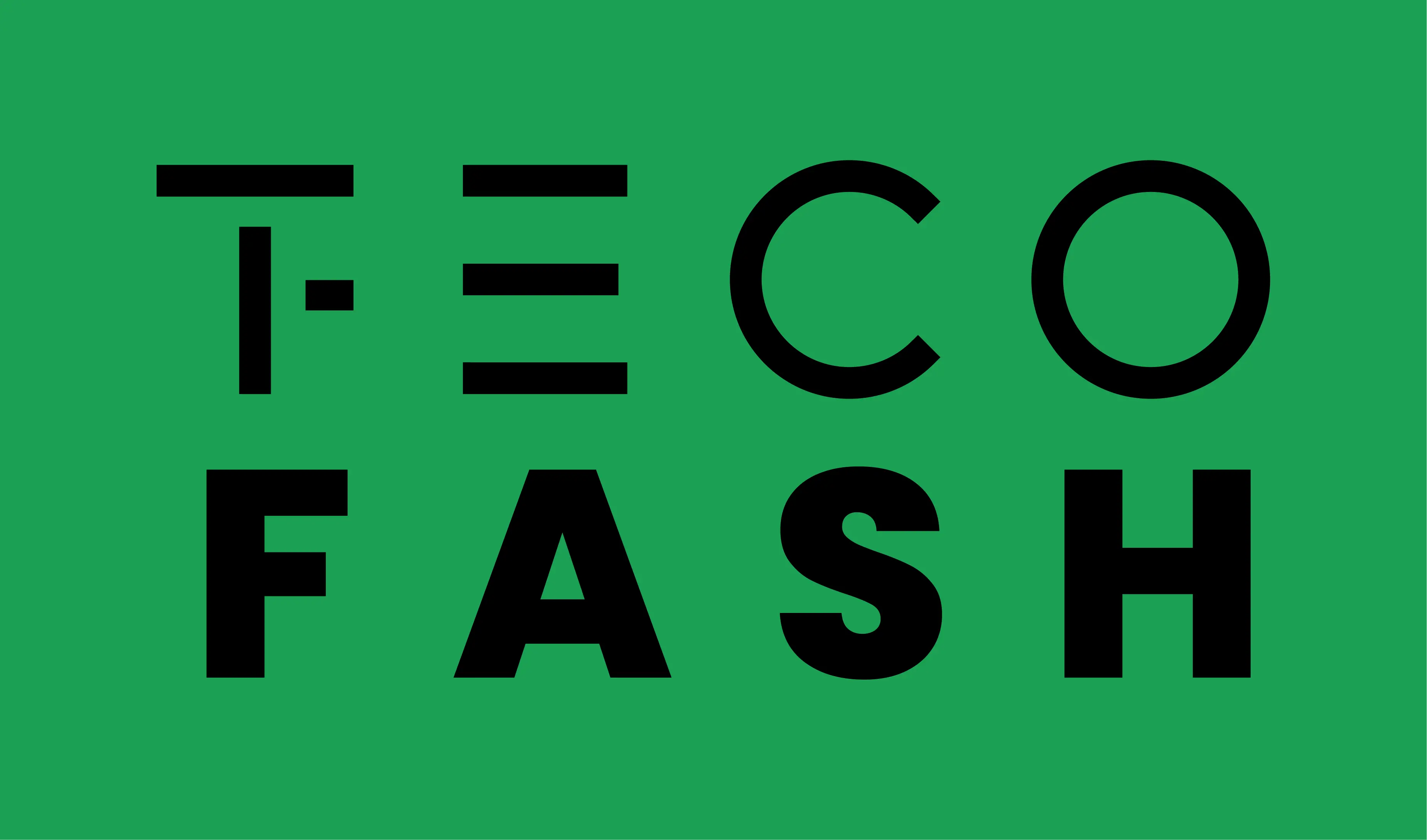
TECOFASH – Strategic Partnership Promoting Education for the Transition of the Fashion Sector Towards Digital and Sustainable Business Models
Implementation period: 01.01.2022 - 01.01.2024
The main objective of TECOFASH is to contribute to a competitive and sustainable European fashion industry. The project focuses on increasing the capacity of professionals from SMEs and start-ups to turn their business toward circular business models, as well as environmental and sustainable innovation as a result of transnational and intergenerational cooperation and training. TECOFASH training considers the triple bottom line of Elkington theory: the economic, the social and the environmental, key for sustainability.
Read More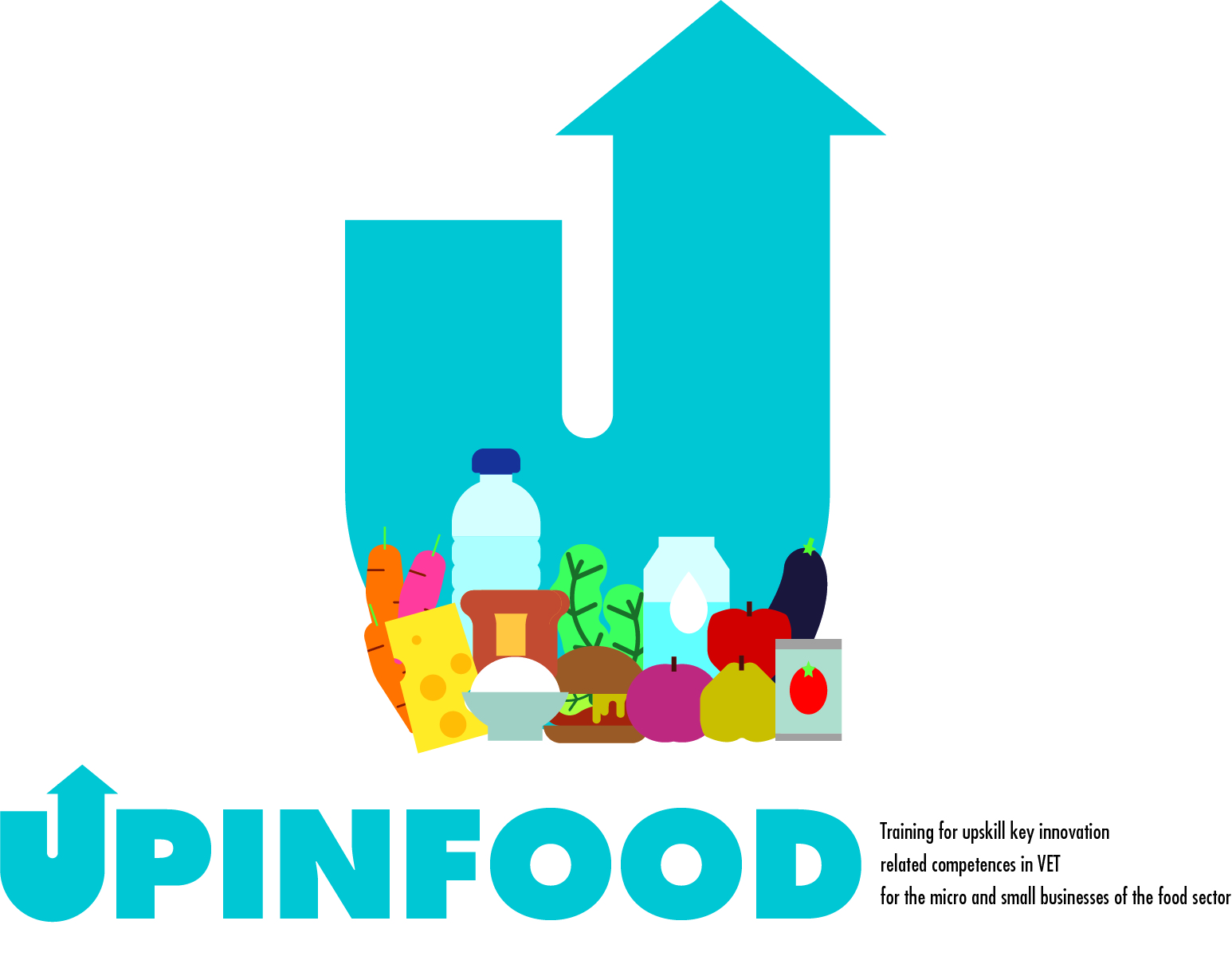
UPINFOOD - Training for upskill key innovation related competences in VET for the micro and small businesses of the food sector
Implementation period: 01.12.2022 - 30.11.2024
UPINFOOD is a project aimed at accompanying the necessary transformation of the food supply chain toward more innovative and sustainable models thanks to quality VET education. The main objective of UPINFOOD project is to promote the transformation of the sector towards a new modernised vision of food that supplies nowadays demand in quality and healthy products while being sustainable, taking the most of new technologies and being a motor of innovation, thanks to education addressed to the key actors of this industry.
Read More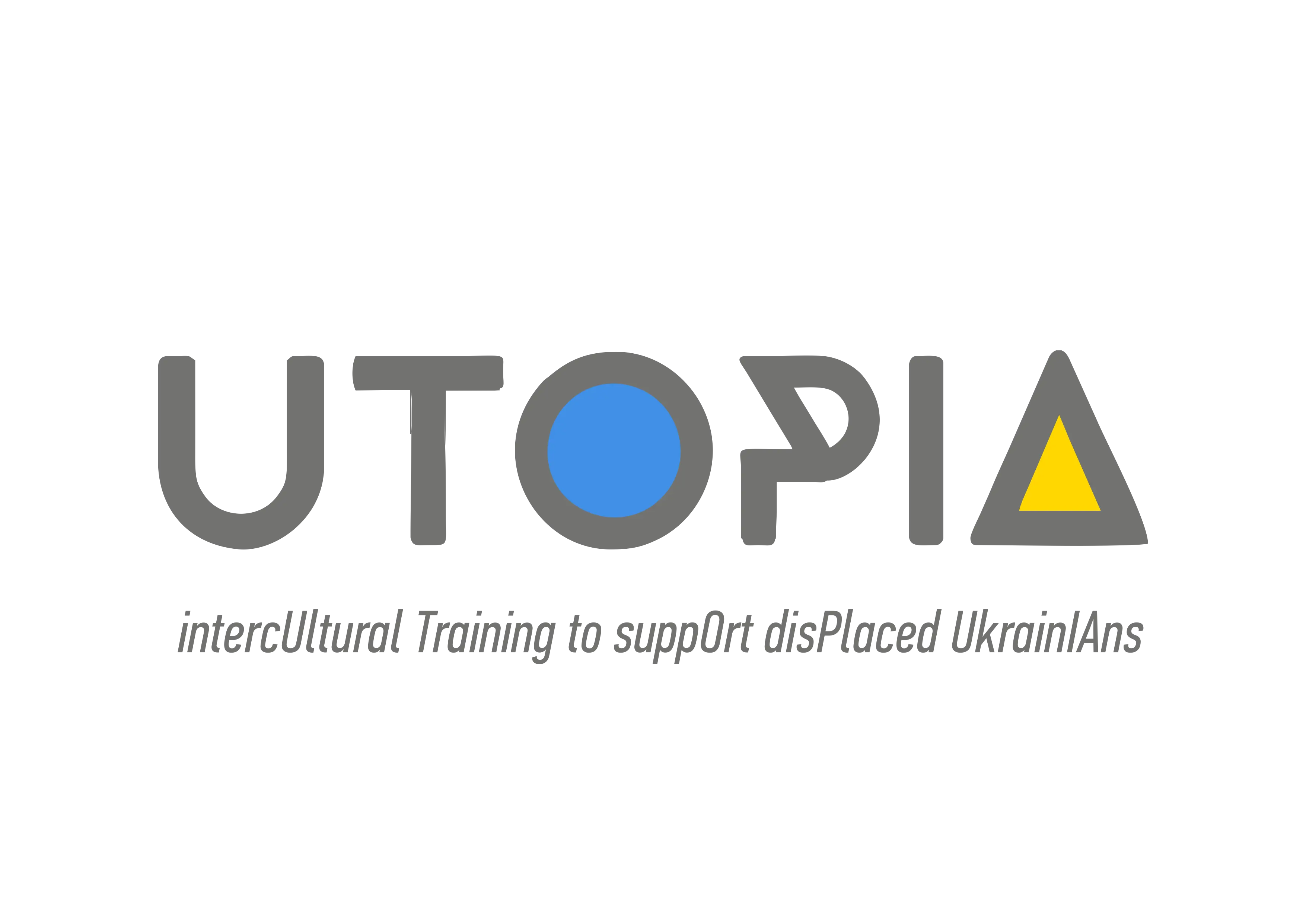
UTOPIA: intercUltural Training to suppOrt disPlaced UkrainIAns
Implementation period: 01.01.2024 - 30.06.2025
The UTOPIA project fosters a welcoming mindset among young locals towards Ukrainian refugees through intercultural dialogue facilitated by youth workers. Its objectives include enhancing support for young refugees, improving youth workers' skills, increasing refugee youth integration, and promoting the project's visibility and impact.
Read More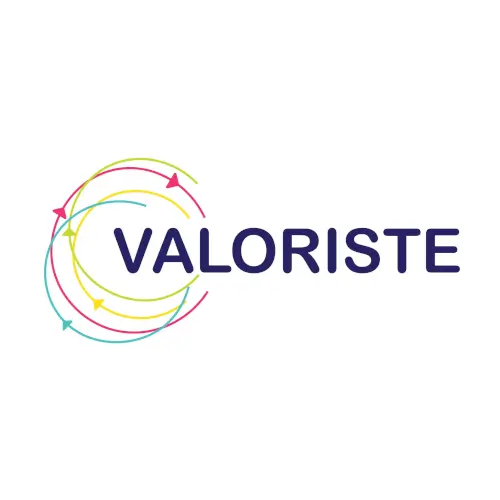
Valoriste
Implementation period: 01.11.2022 - 31.10.2024
The project aims to bring this innovative concept of VALORISTE agent to other European countries where it is not implemented. Another innovative aspect of the VALORISTE project is also the voluntary and community approaches. On one hand, it aims to value individuals from socially vulnerable groups who will perform these tasks voluntarily, hopefully giving shape to their own entrepreneurial projects in this area. On the other hand, these agents can contribute to their communities and be recognised for that, contributing to their better social integration.
Read More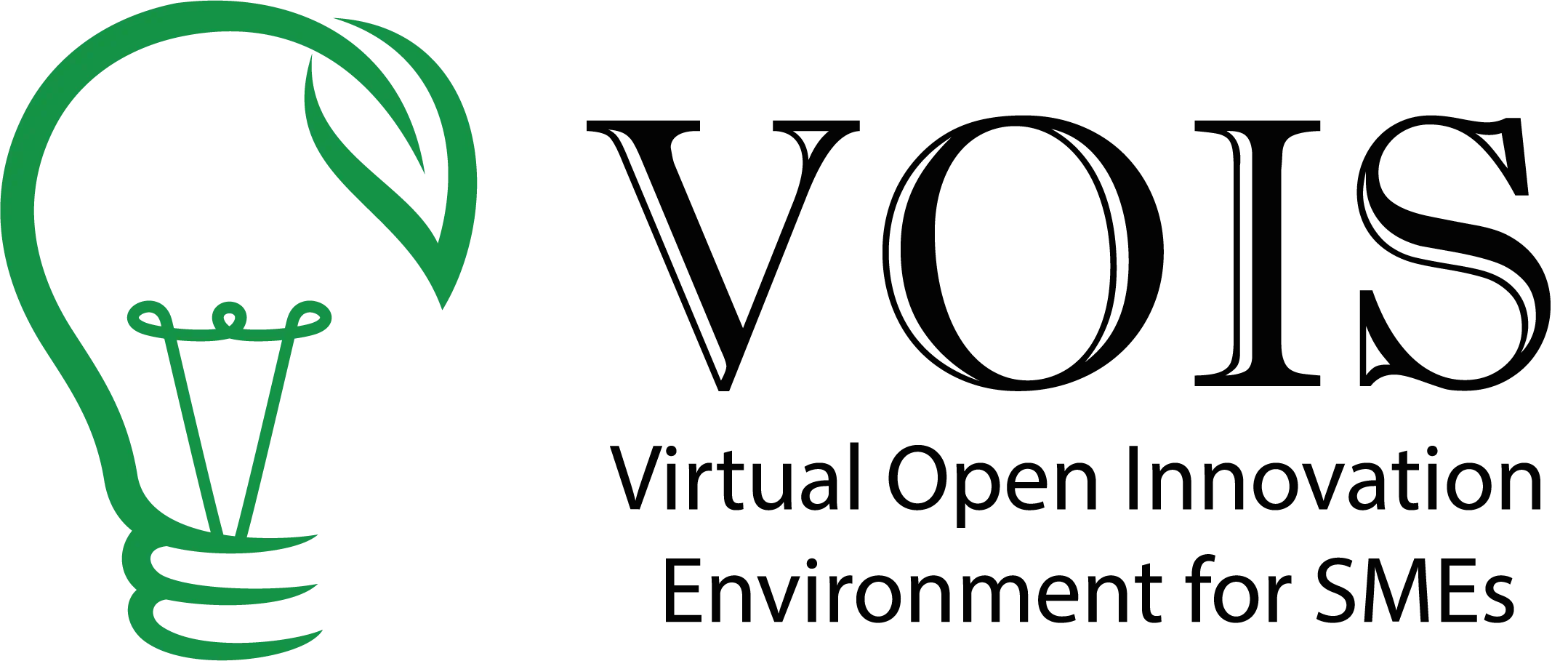
VOIS – Virtual Open Innovation Environment for SMEs
Implementation period: 01.01.2022 – 30.06.2024
Factors such as changing market conditions, digitalisation and the emergence of the Internet of Things, require from SMEs the reinvention of their value proposition to secure their survival which is often threatened by a lack of capability to innovate and compete on the global market. Currently, open innovation (OI) competencies are rare in SMEs and, if present, are usually limited to high-tech sectors. The VOIS partnership has developed a comprehensive Virtual Open Innovation Environment allowing SMEs to effectively improve their OI competencies and their ability to implement open innovation in their firms. To this end, the Virtual OI Environment proposes 3 specific areas with opportunities for SMEs to enhance their competencies: Area 1 – Organisational Area, Area 2 – Individual Development Area and Area 3 – Open Innovation Repository. The main project result consists in an Integrated Virtual Open Innovation Environment with a methodology and tools for capacitating SME managers in Agro-Food and Bioeconomy sectors to engage and benefit from open innovation by following a comprehensive modular development programme (more details in section: Results).
Read More